Fish Oil: The Anti-inflammatory of Heart Health

Fish oil is a very well-known, highly studied nutritional supplement. It's usually regarded as a nutritional supplement that helps with many medical conditions. But unfortunately, though many people have been on fish oil for a long time, very few genuinely understand what fish oil does (1).
A glance at the literature reveals that fish oil is perfect for being an effective general anti-inflammatory agent. In addition, as an anti-inflammatory agent, fish oil has been demonstrated to support both heart health and brain health (2).
Common Questions About Fish Oil
- How can a single-ingredient supplement help with so many different health conditions?
- Essential fatty acids become incorporated in the cell membrane of every cell in the body and thus, can affect many different physiological signals.
- What are the features that make one fish oil supplement superior to another?
- Source, fatty acid amounts, contamination level and capsule choice (covered in plastics or not)
- How can a "long-term-use" supplement be tracked for efficacy?
- Bloodwork
- Physical Symptoms
What is Fish Oil?
Fish oil is a liquid extracted from fatty fish like anchovies, sardines and mackerel. It is used both as a supplement and a pharmaceutical enhancer for skin preparations. Though it comes from an animal source, fish oil does not contain cholesterol or saturated fats (3). It means liquid at room temperature and stays liquid in the body. Fish oil is highly sought after as It is very rich in omega-3 fatty acids, known as anti-inflammatory fatty acids. Although not all omega-6 fatty acids are inflammatory, they are generally regarded as inflammatory because we tend to have an extremely high ratio of omega-6 intake compared to our omega-3 intake (4).
How Do Omega 3s Work?
Omega 3s are a very versatile form of nutritional support. Their capacity to enhance many different aspects of health stems from their universal incorporation with every body cell (5). Many nutrients are essential for the body to function optimally. It is important to clarify that some fatty acids are considered essential while others are classified as non-essential (6).
- Essential Fatty Acids- can not be made by the body
- Non-essential Fatty Acids- can be made by the body
- Omega 3 fatty acids- cause low inflammation
- Most Omega 6 fatty acids- cause high inflammation
- Most North Americans ingest a 16:1 Omega 6: Omega 3 ratio
- The Ideal Omega 6:Omega 3 ratio is 4:1
A high in Omega 6 fatty acids diet would become less inflammatory upon adding more Omega 3 (9).
How Does an Omega 3 Supplement Enhance Cardiovascular Health?
Studies show that omega-3 supplementation protects the artery walls from breaking and reduces the risk of blood clots. Additionally, EPA and DHA are linked to a decreased risk of cardiovascular events and the maintenance of good heart rhythm (10). As our heart muscle functions to push blood into the body, thinner blood combined with more cardiac strength leads to better oxygen transfer and less heart stress.
Omega 3s are demonstrated to enhance the health of the cardiac muscle, but their effects do not just stop at being cardiac; their benefits are also vascular. Omega 3s balance triglycerides (fats) and protect the fats currently stuck in blood vessels (accumulated from poor diet) from oxidizing and causing issues (11).
How Can Fish Oils Be Tracked?
Even though fish oil is a long-term health support agent, the effects of taking a healthy, high-quality fish oil can be tracked with lab tests. The following lab tests may change after 6 months to 1 year of fish oil use. The supplement takes a long time to show results because it must become a part of the cell to be translated into lower inflammation (12 ).







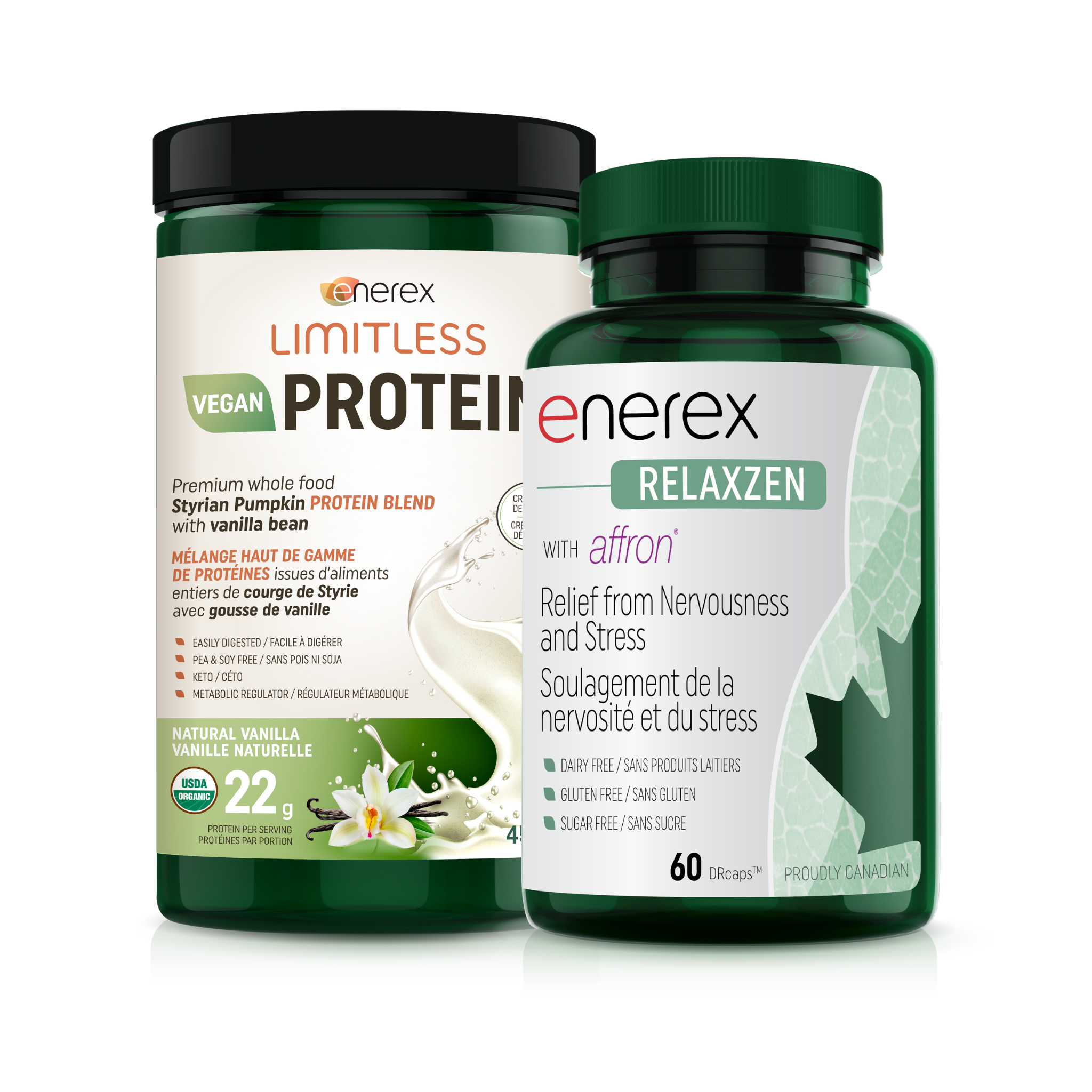
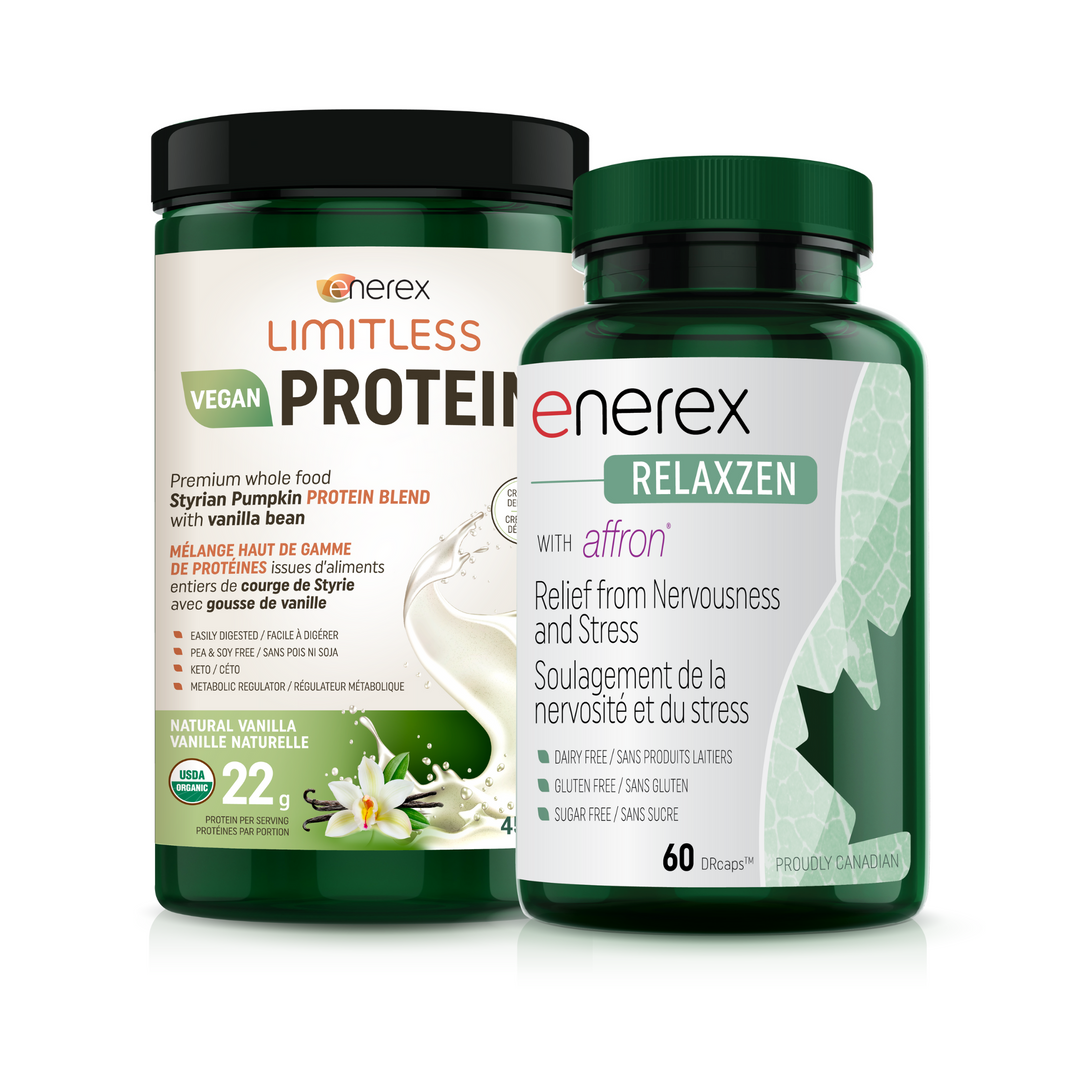
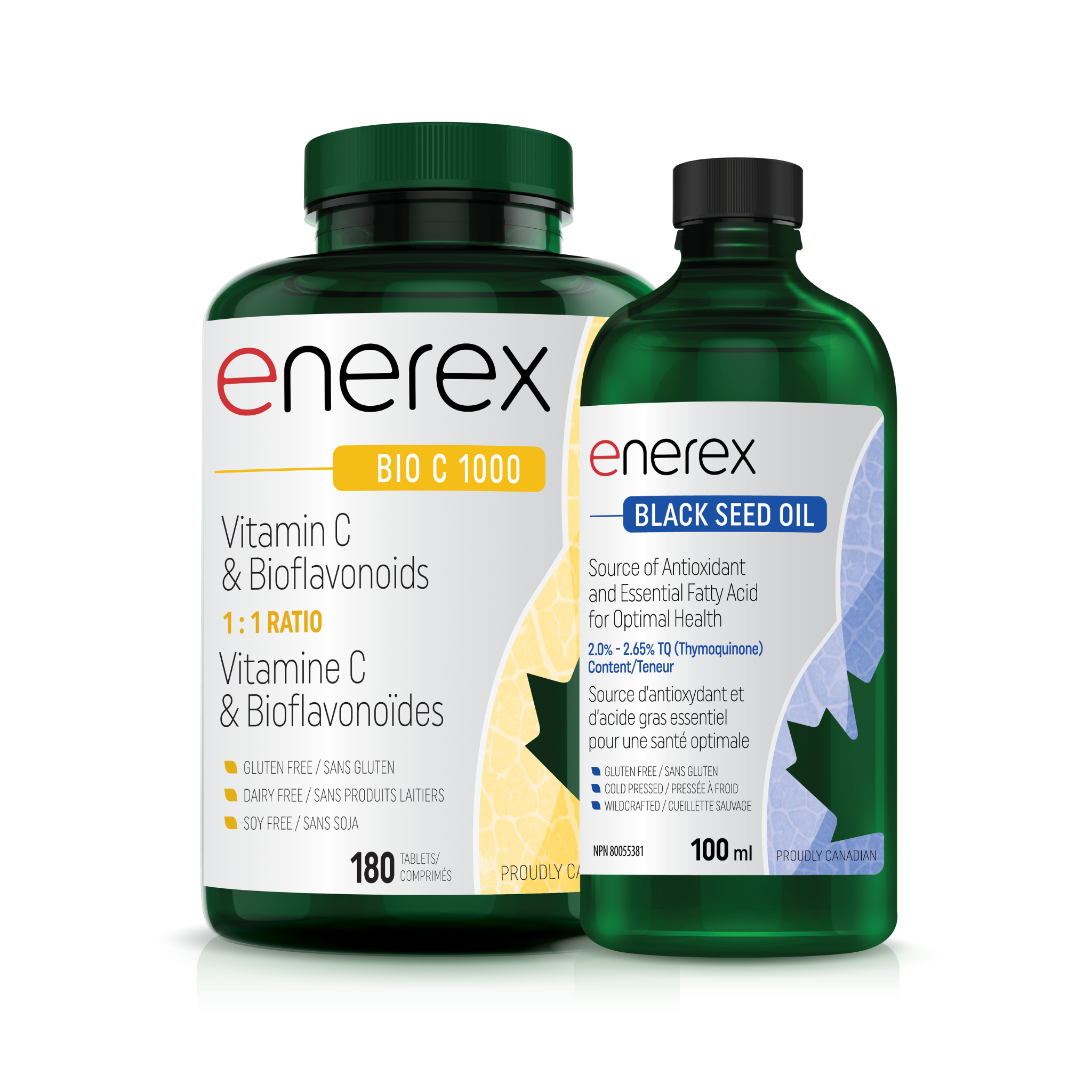
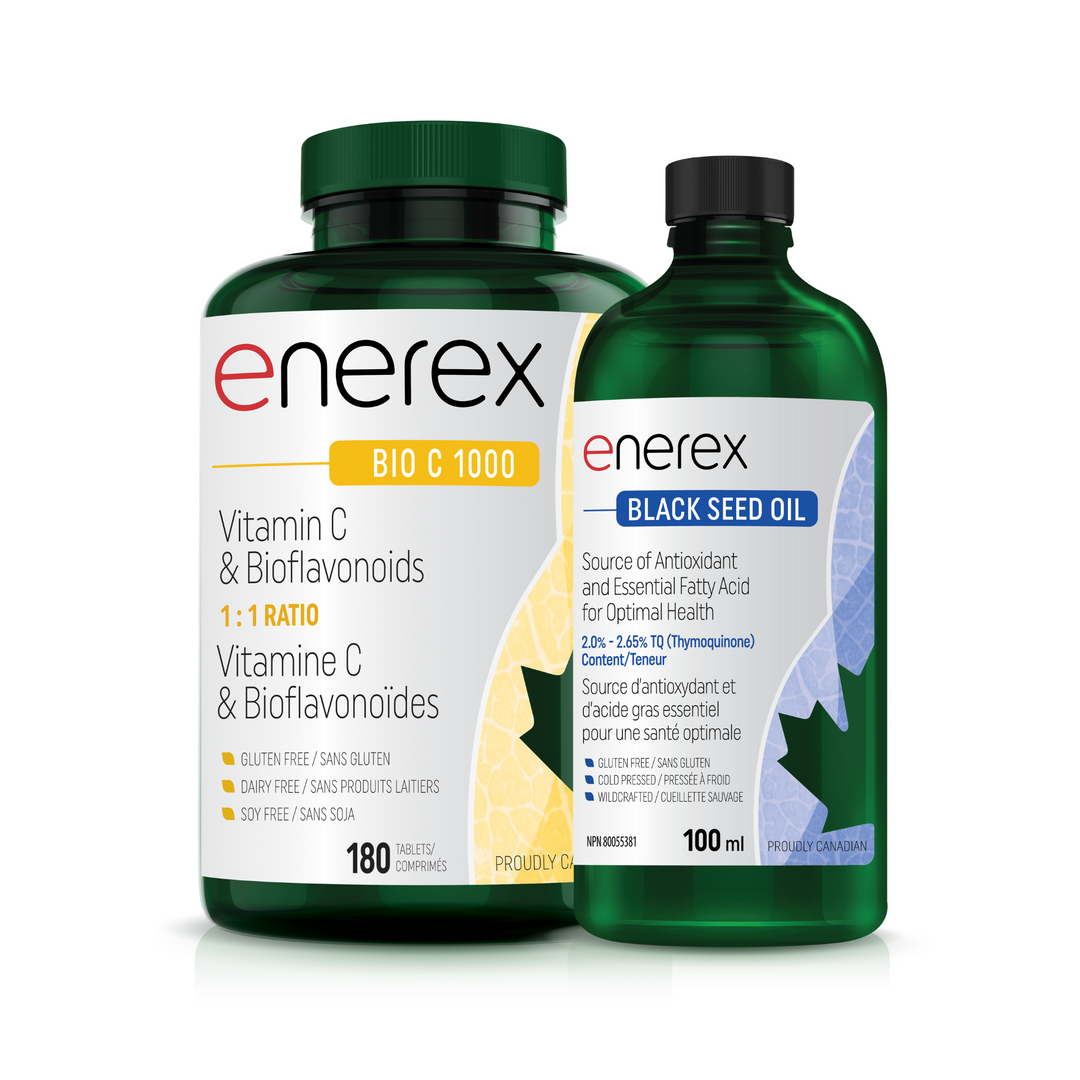
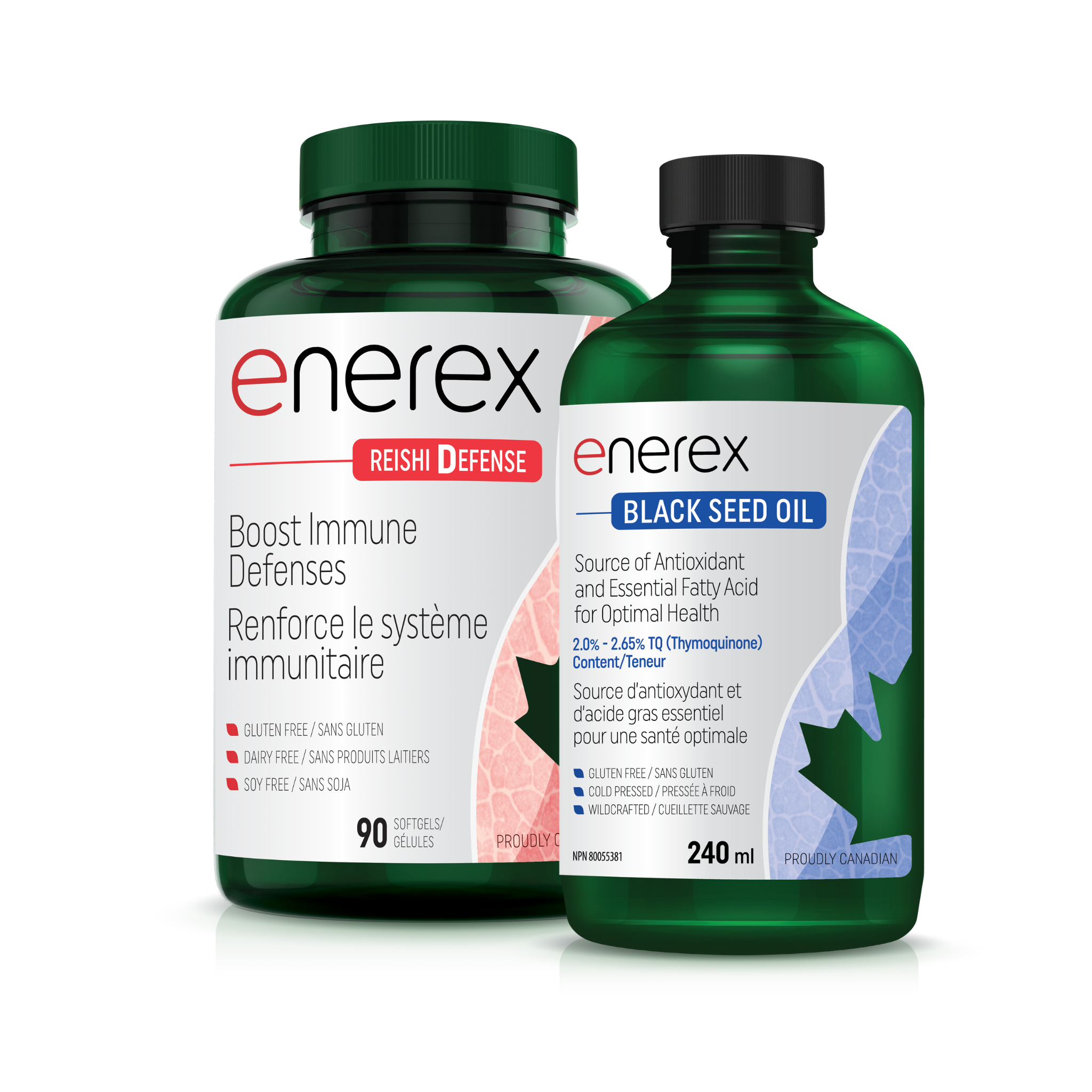
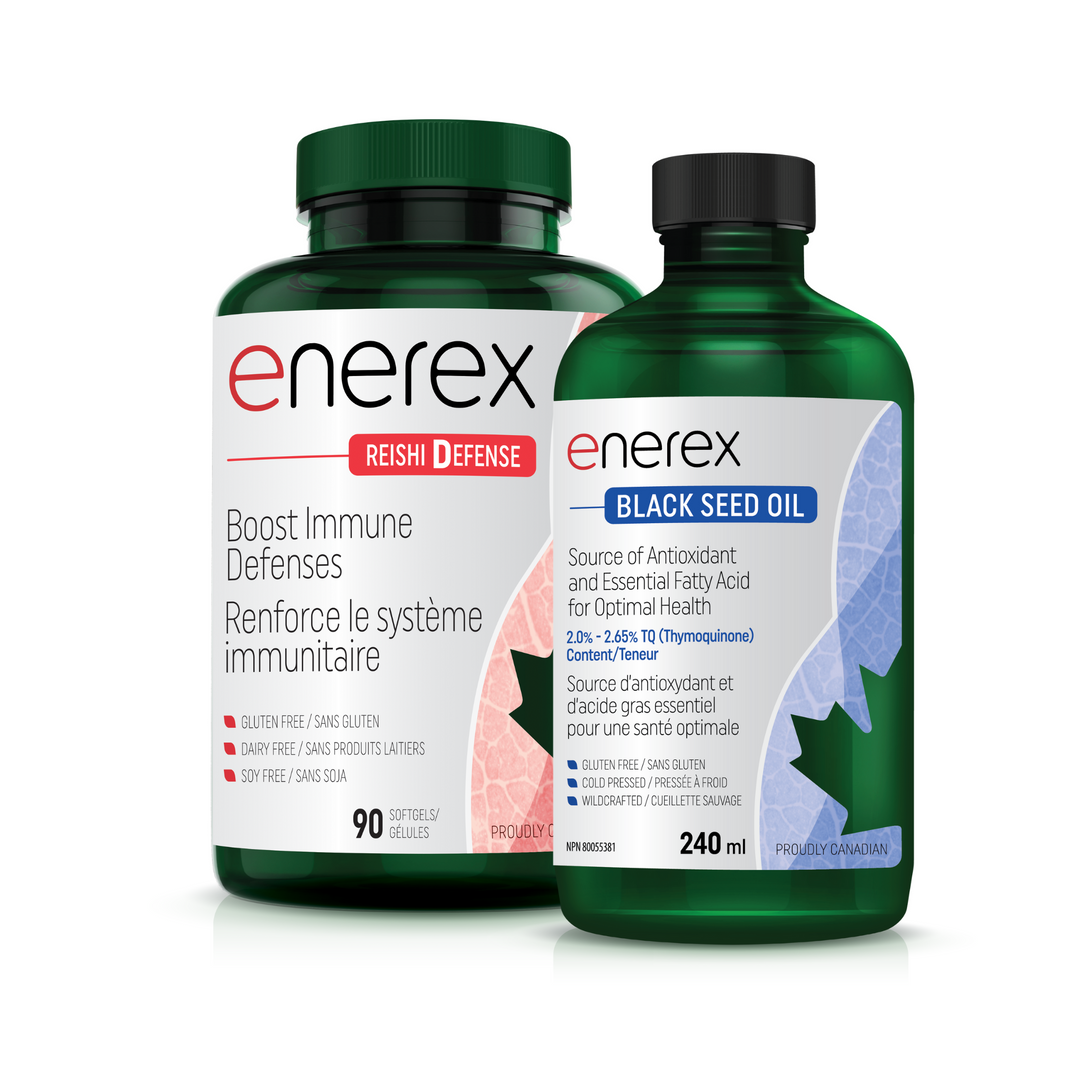


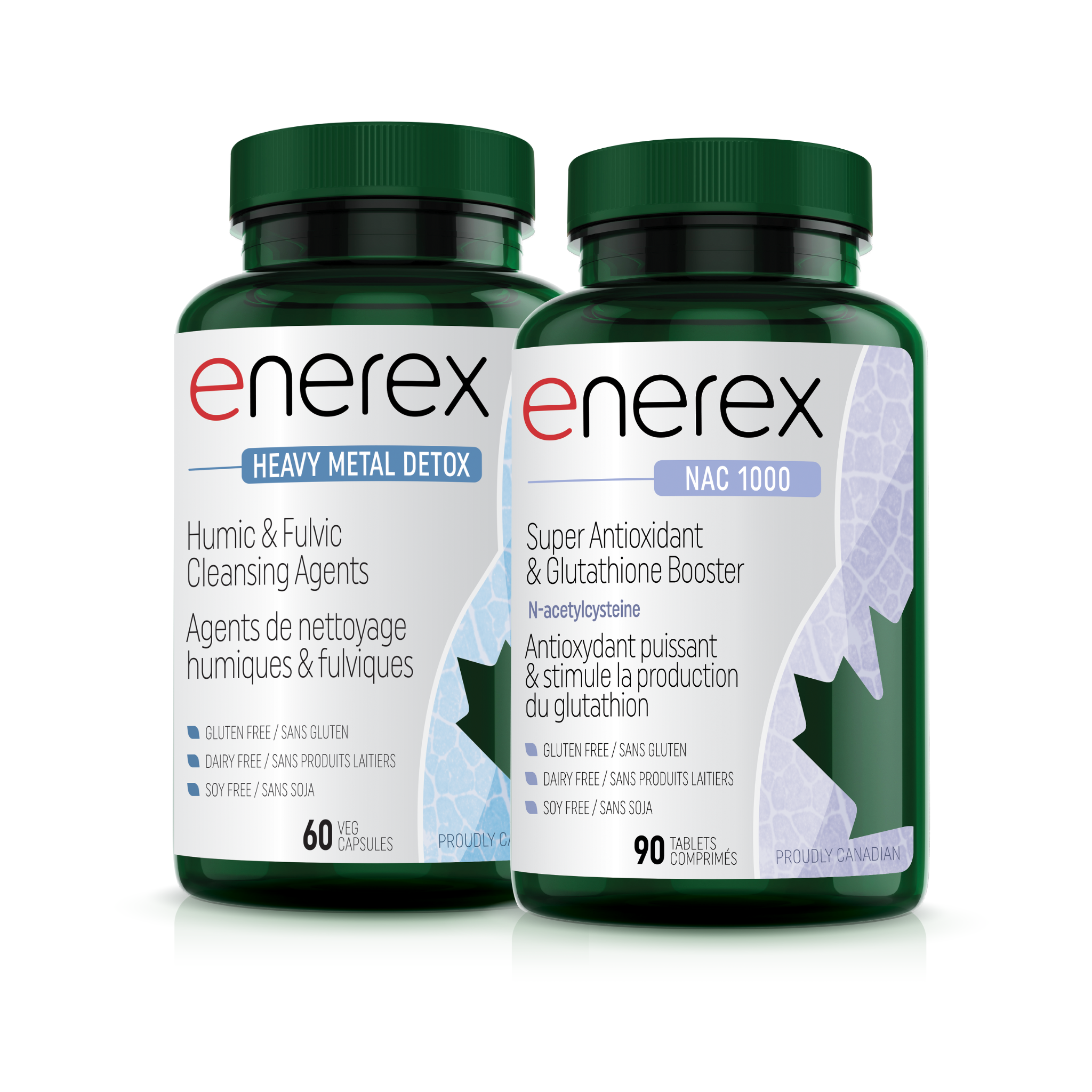
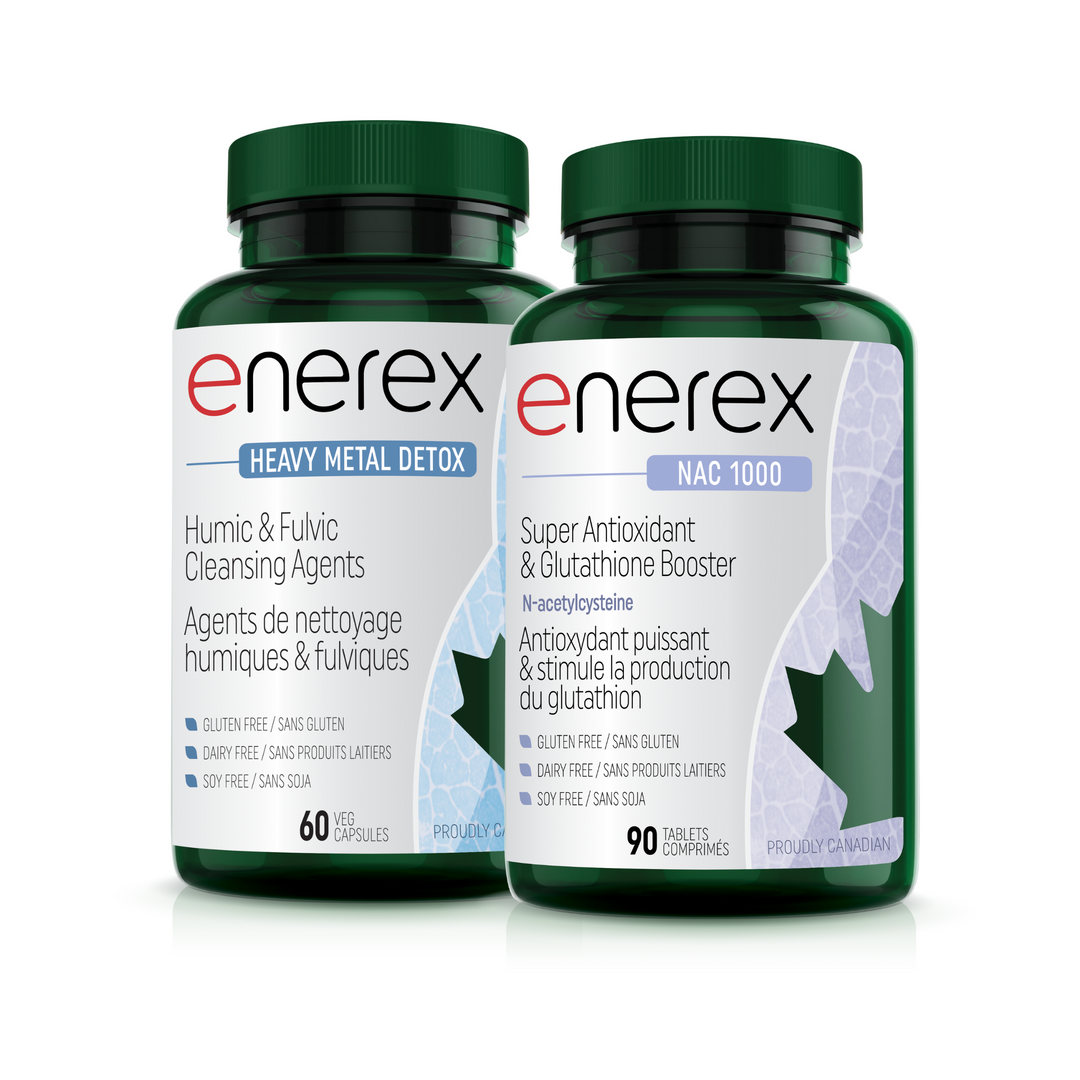
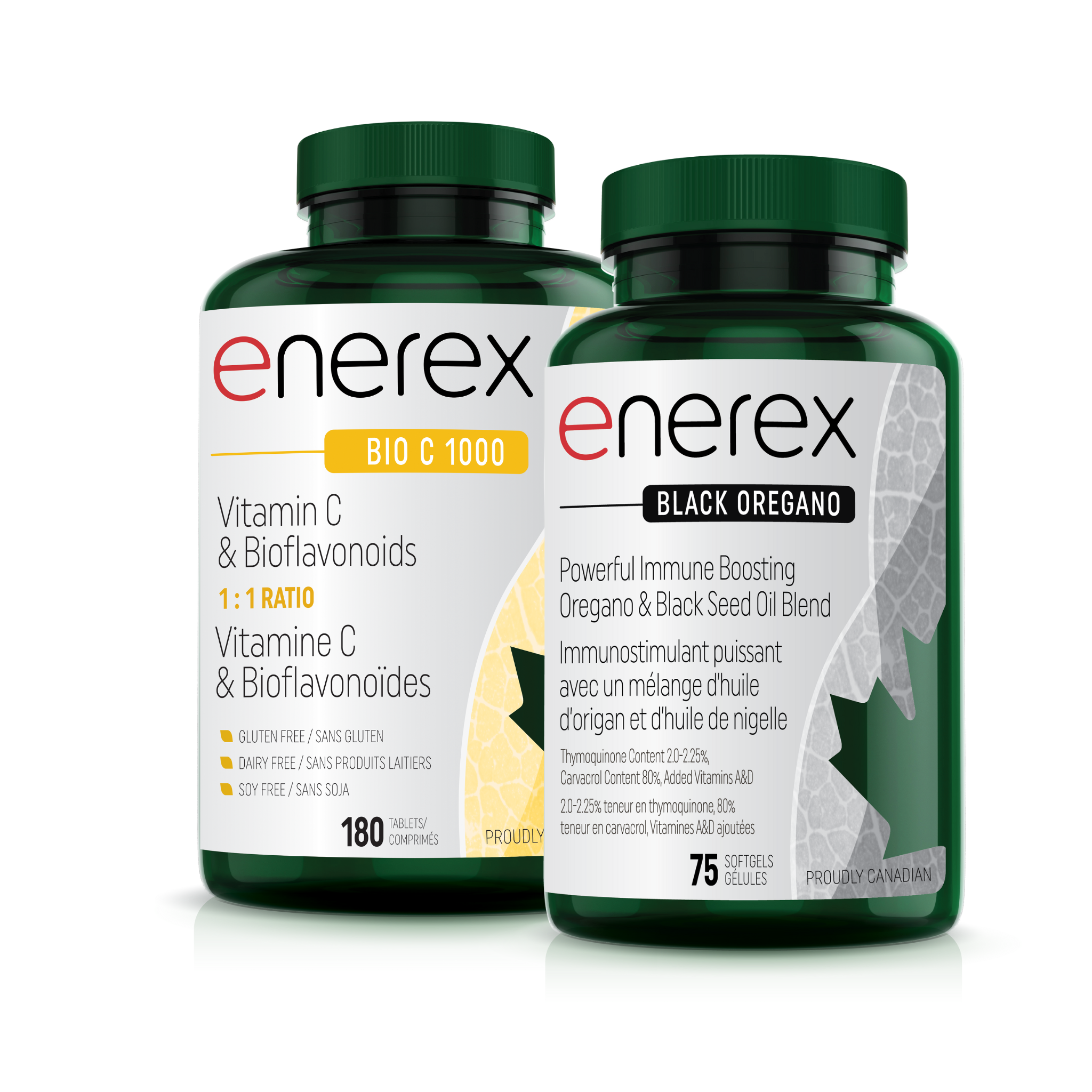
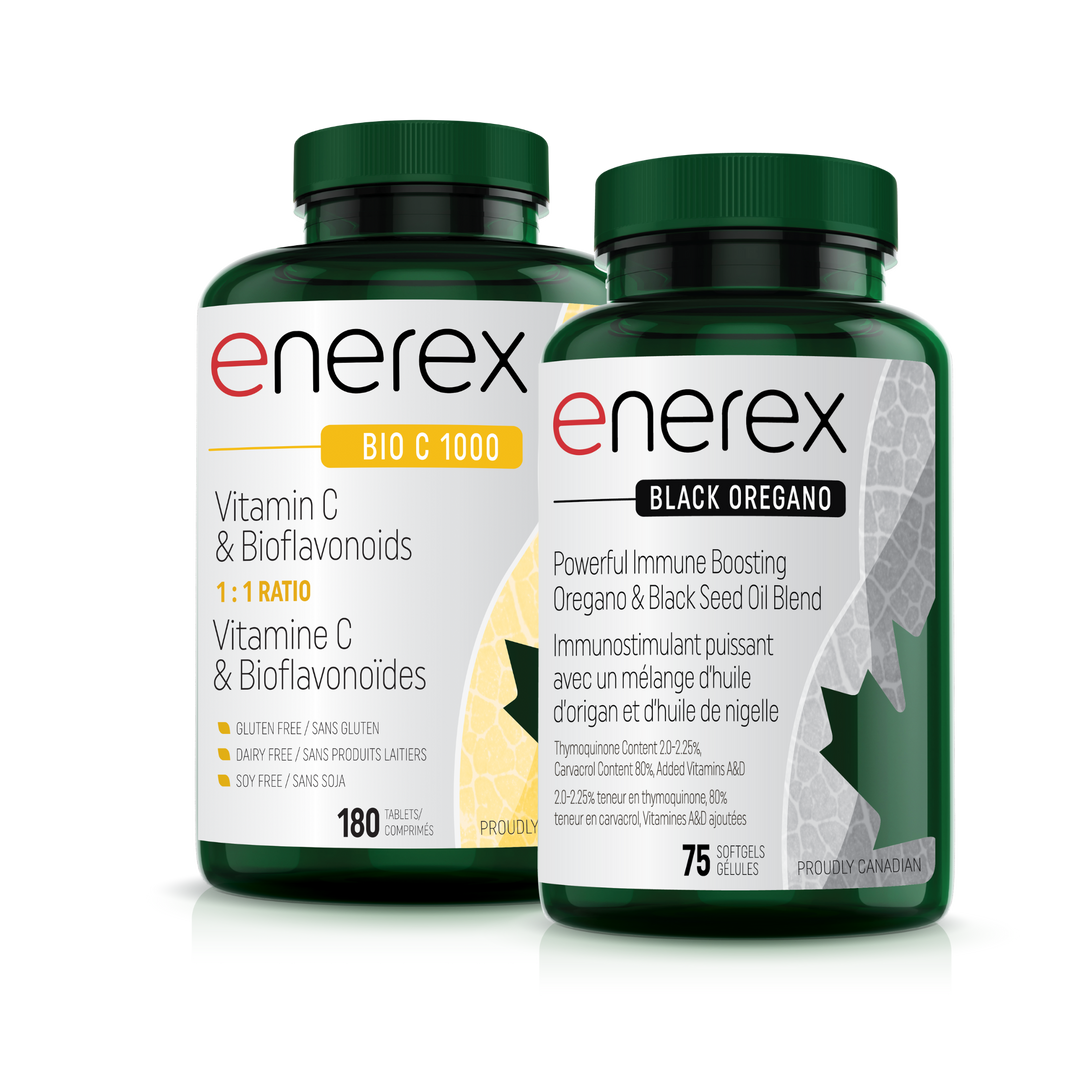


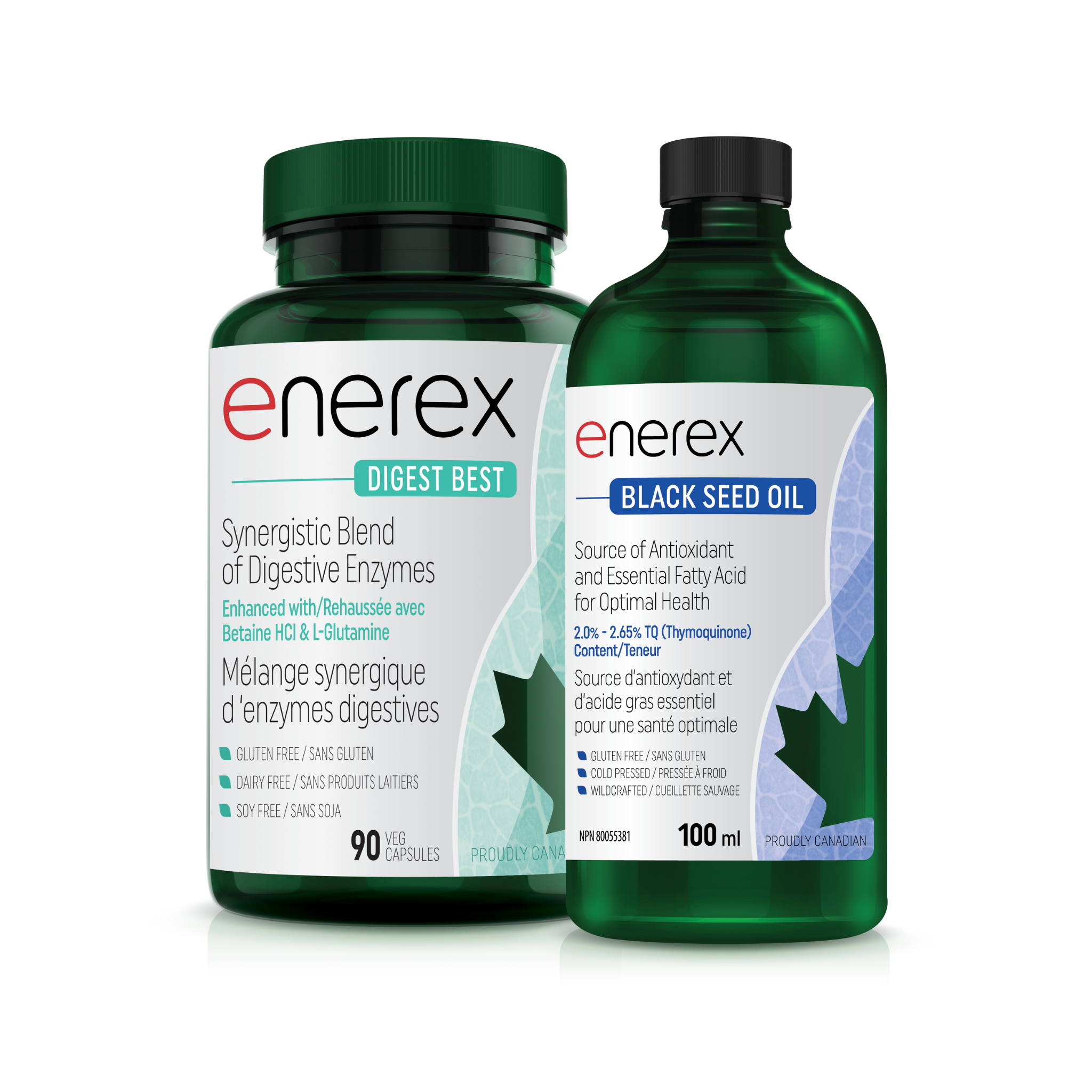
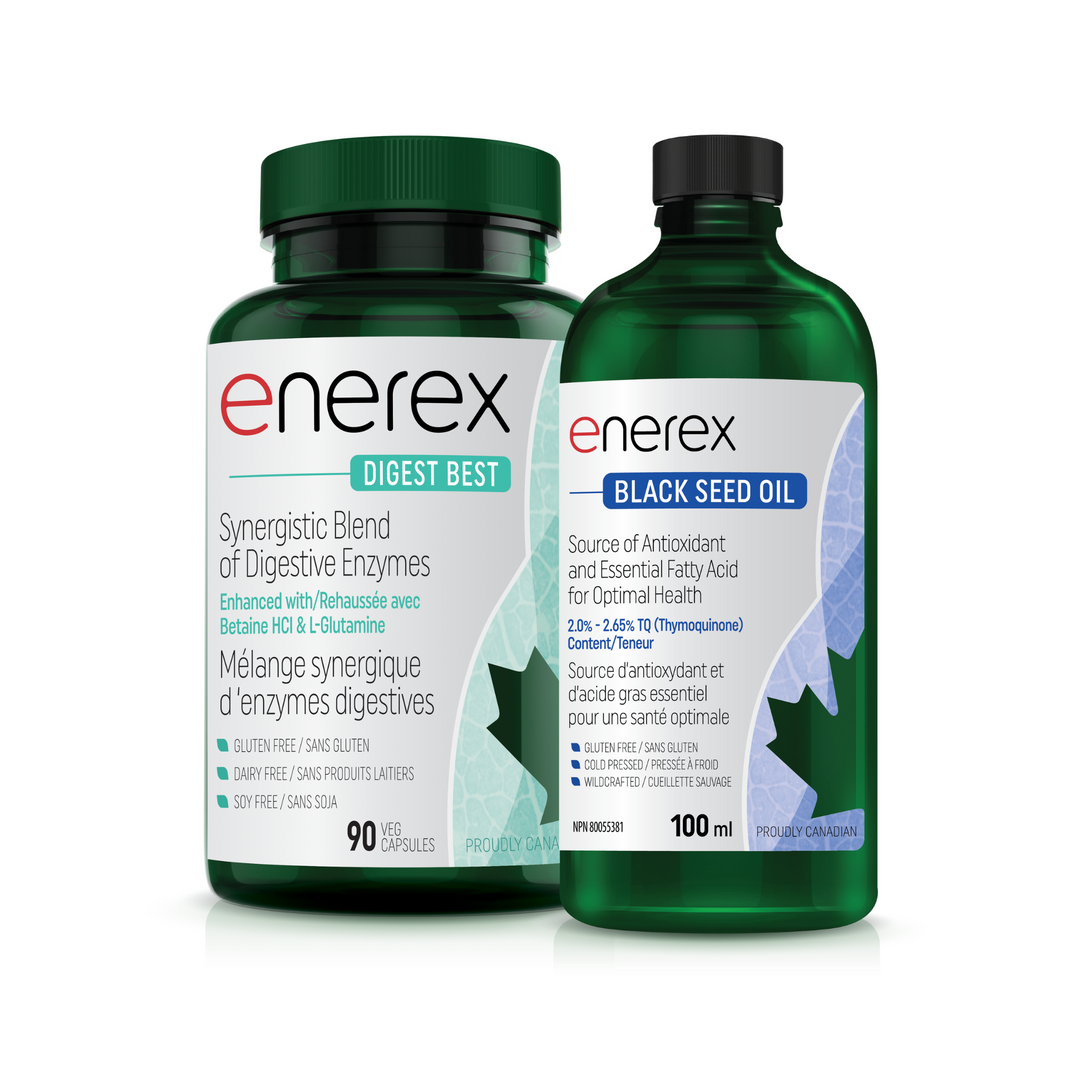
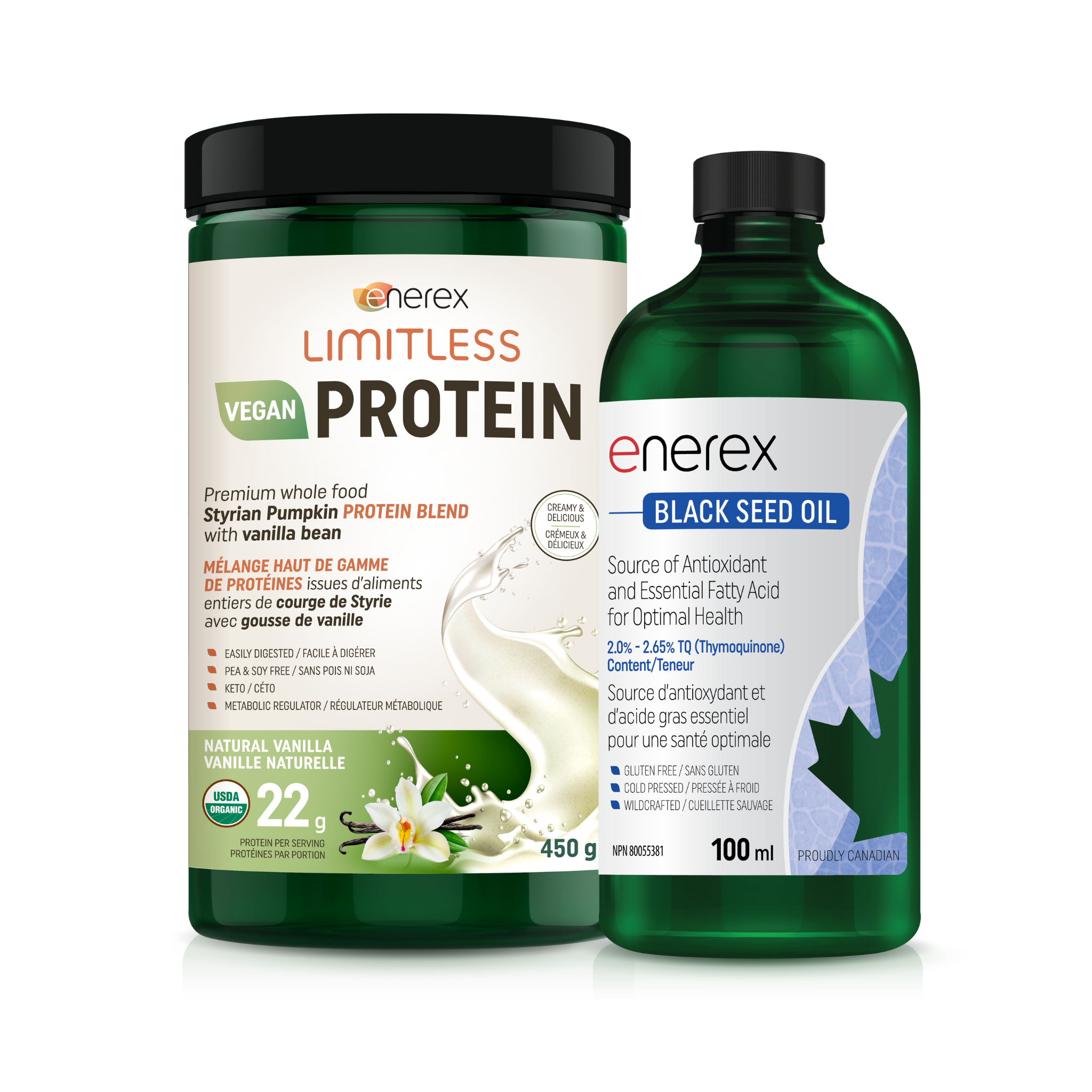
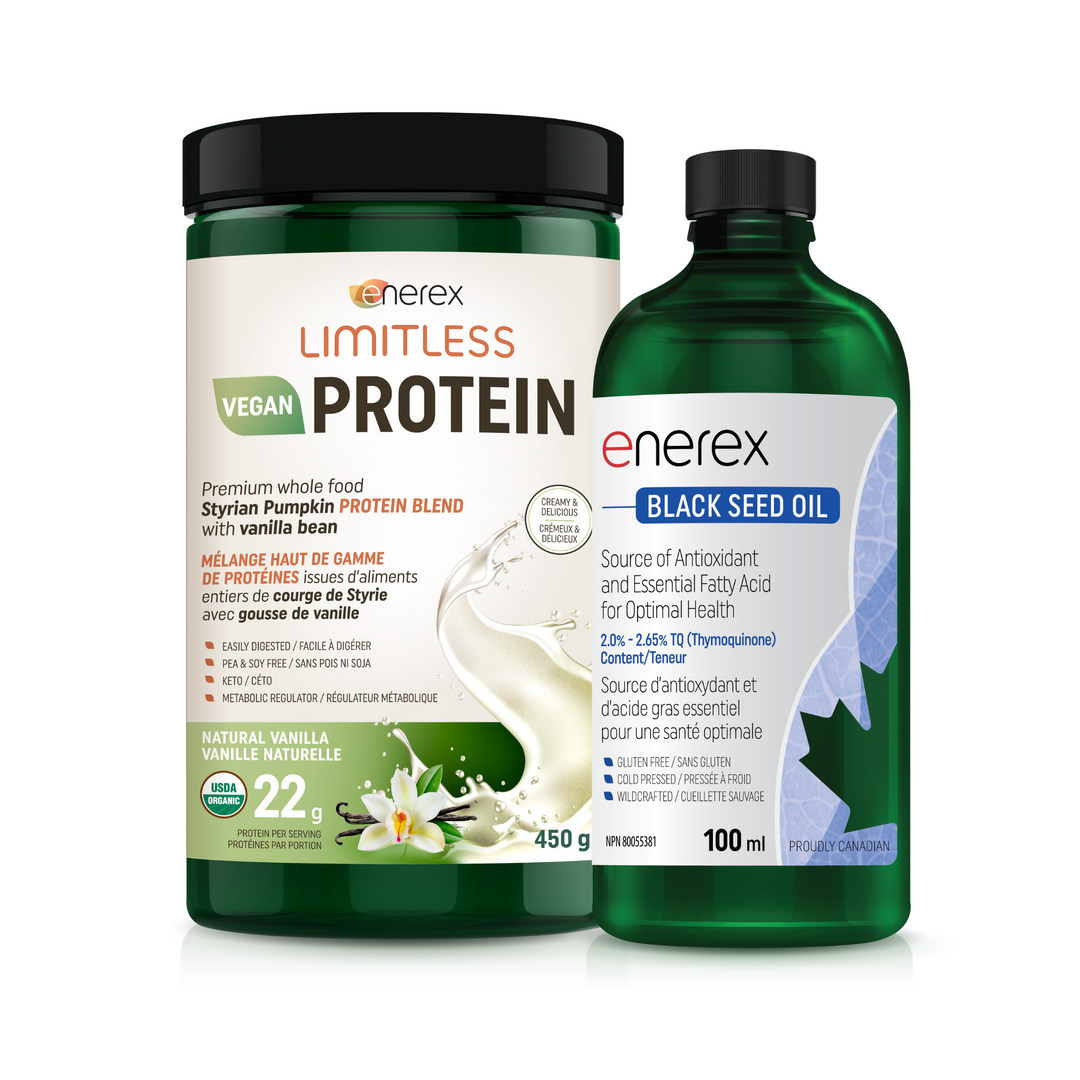
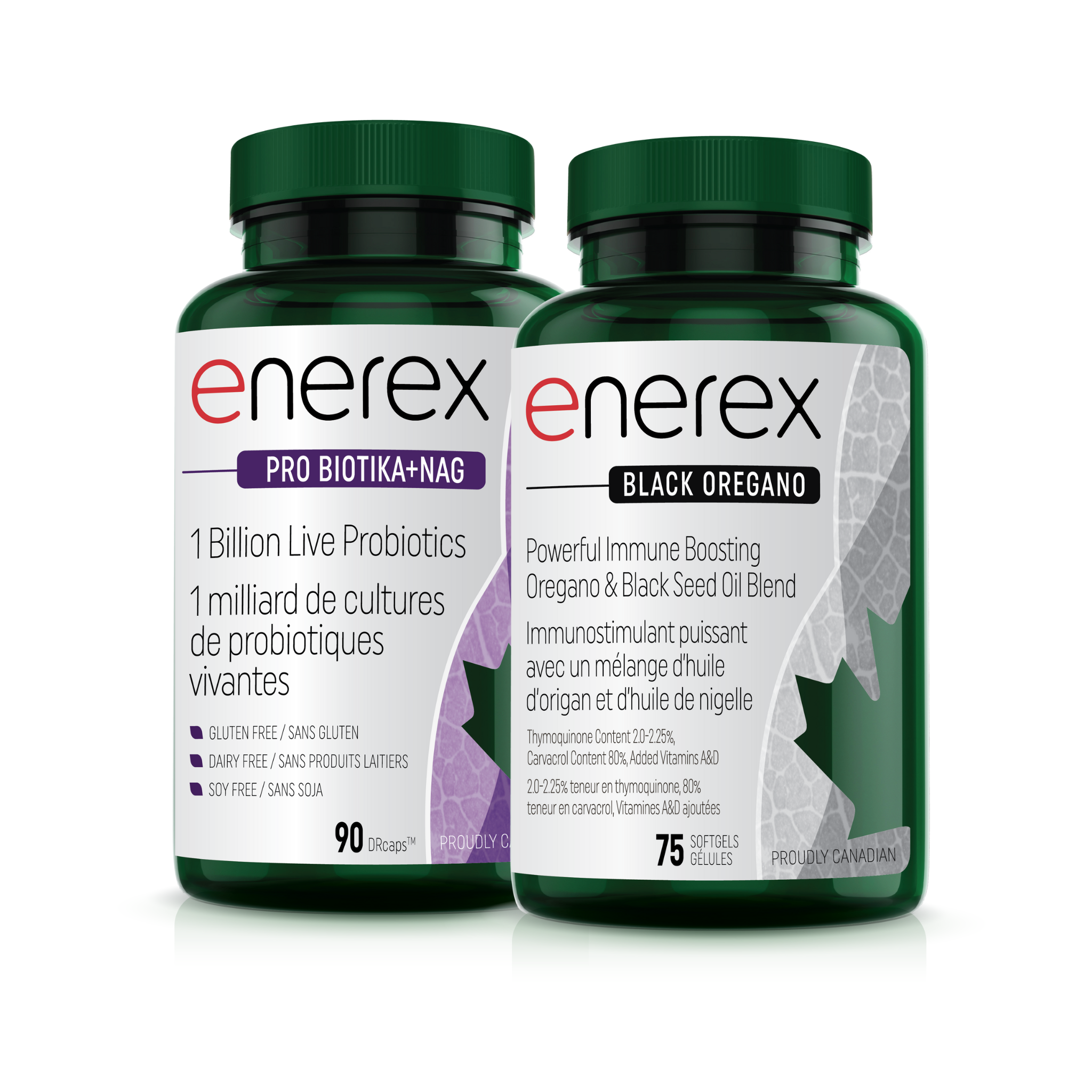
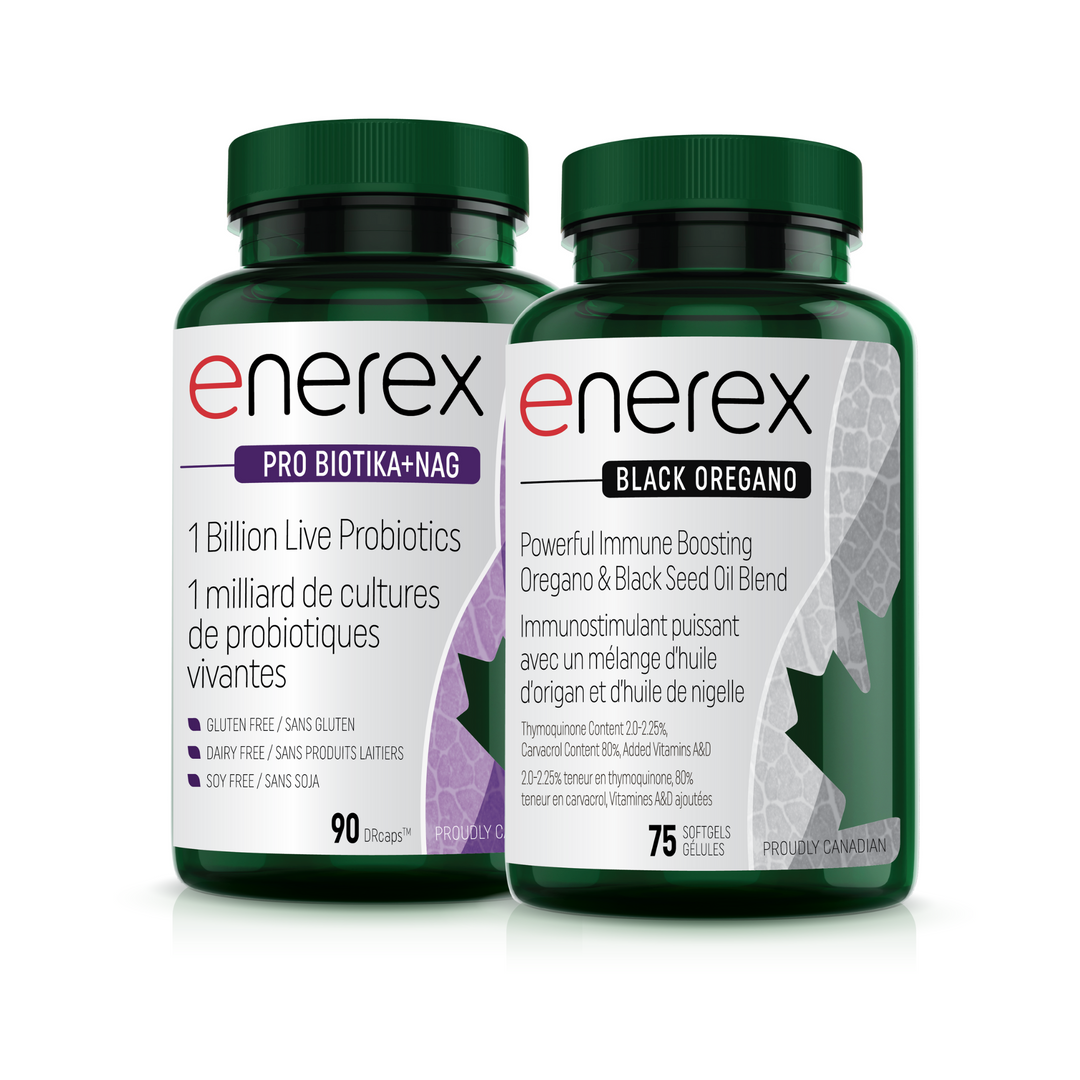
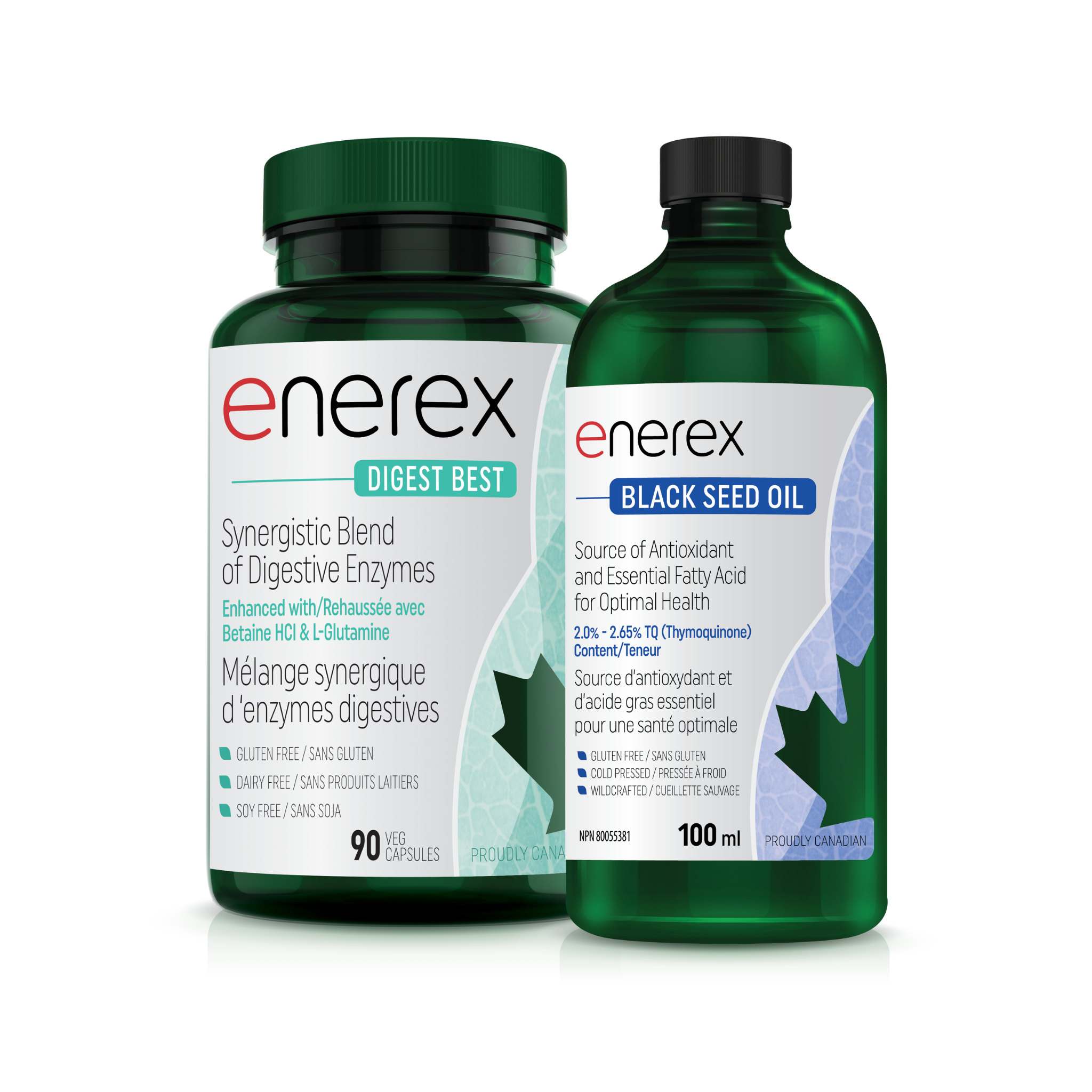
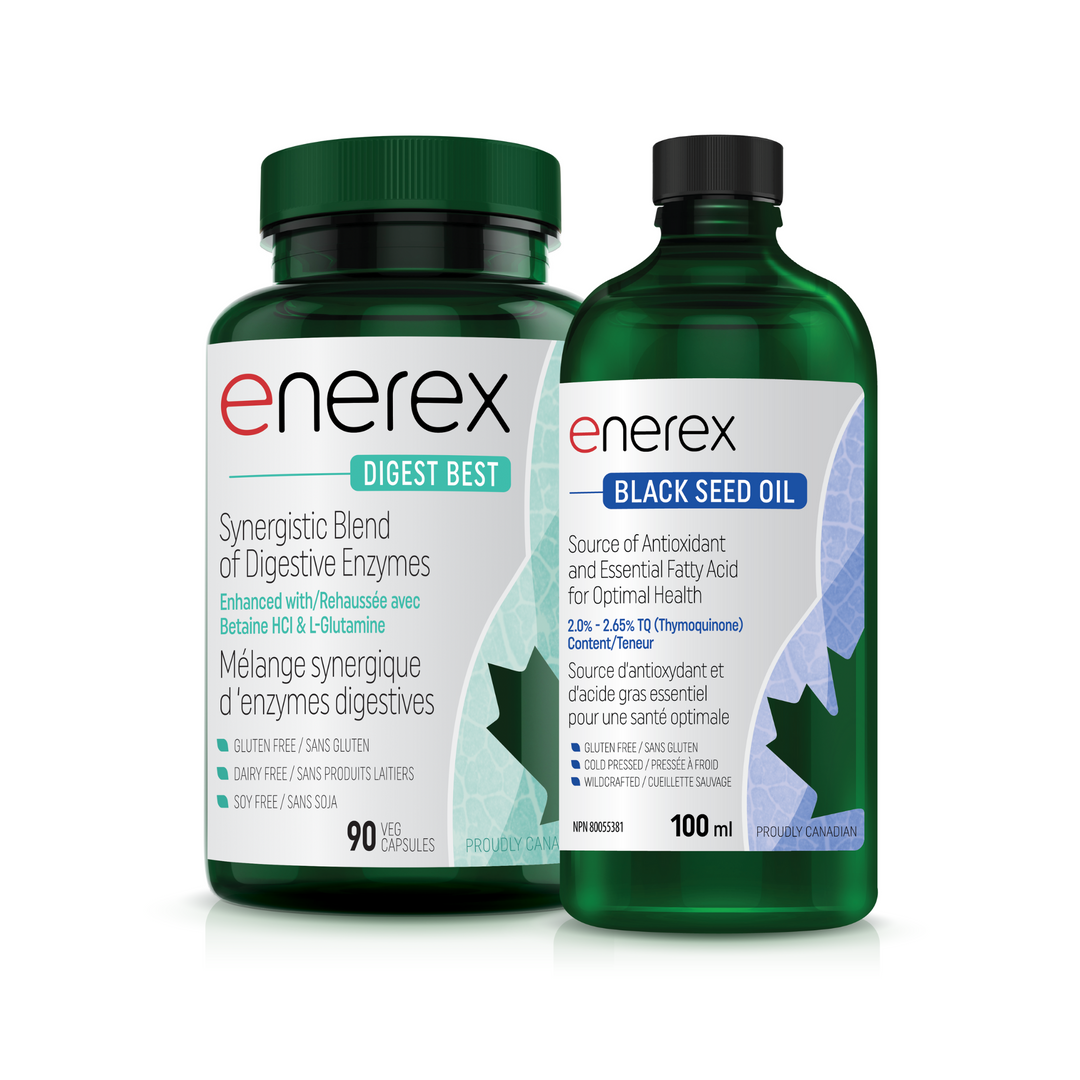


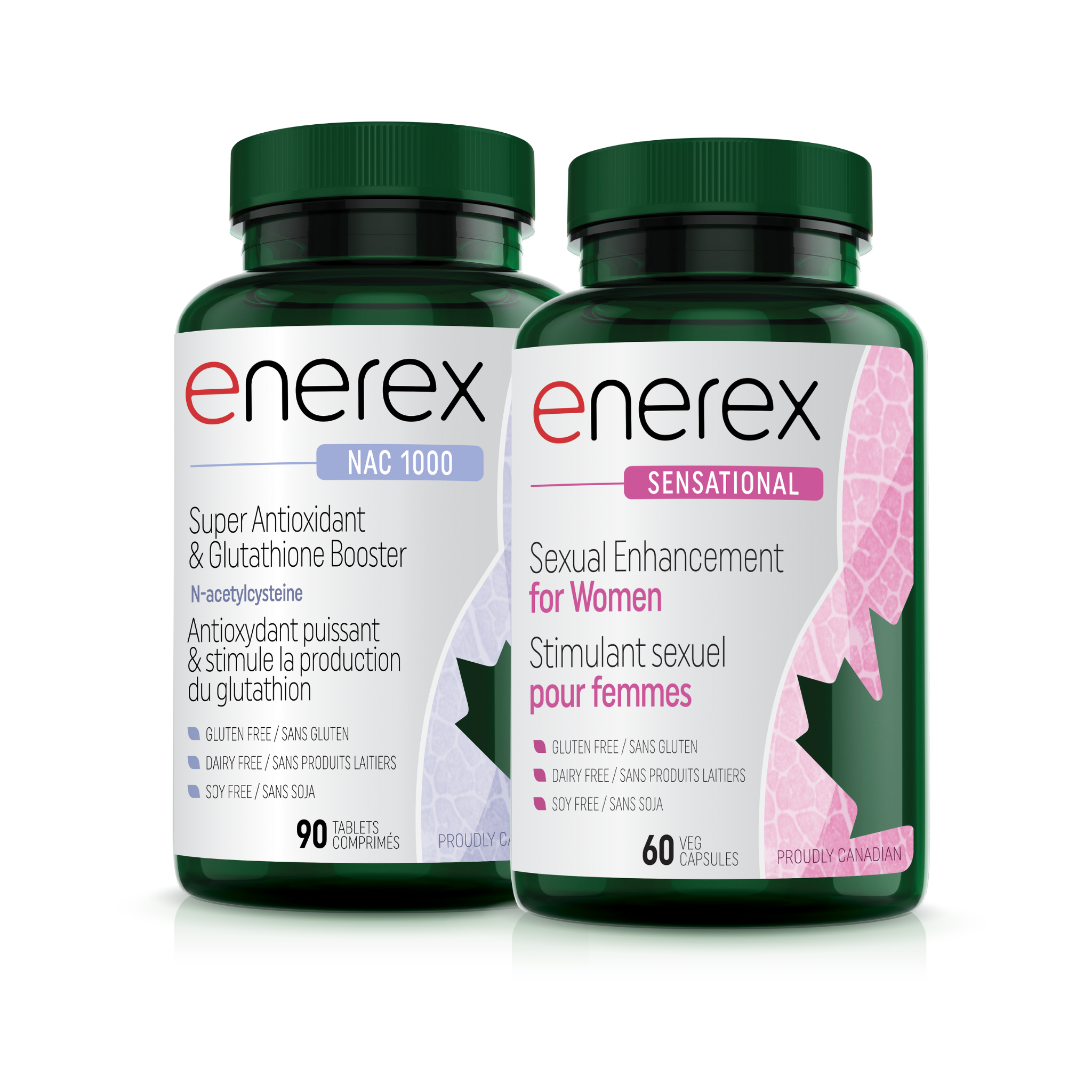
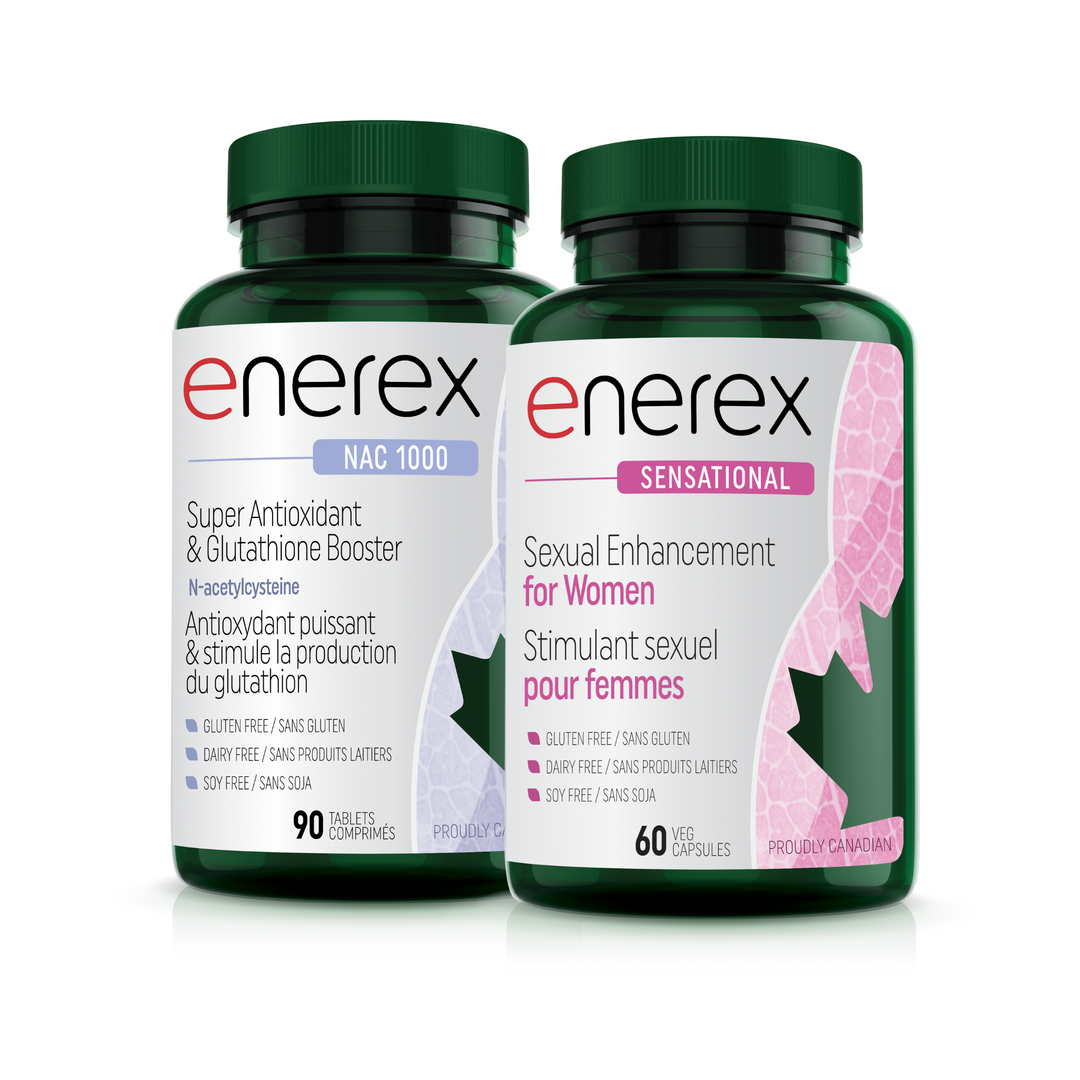
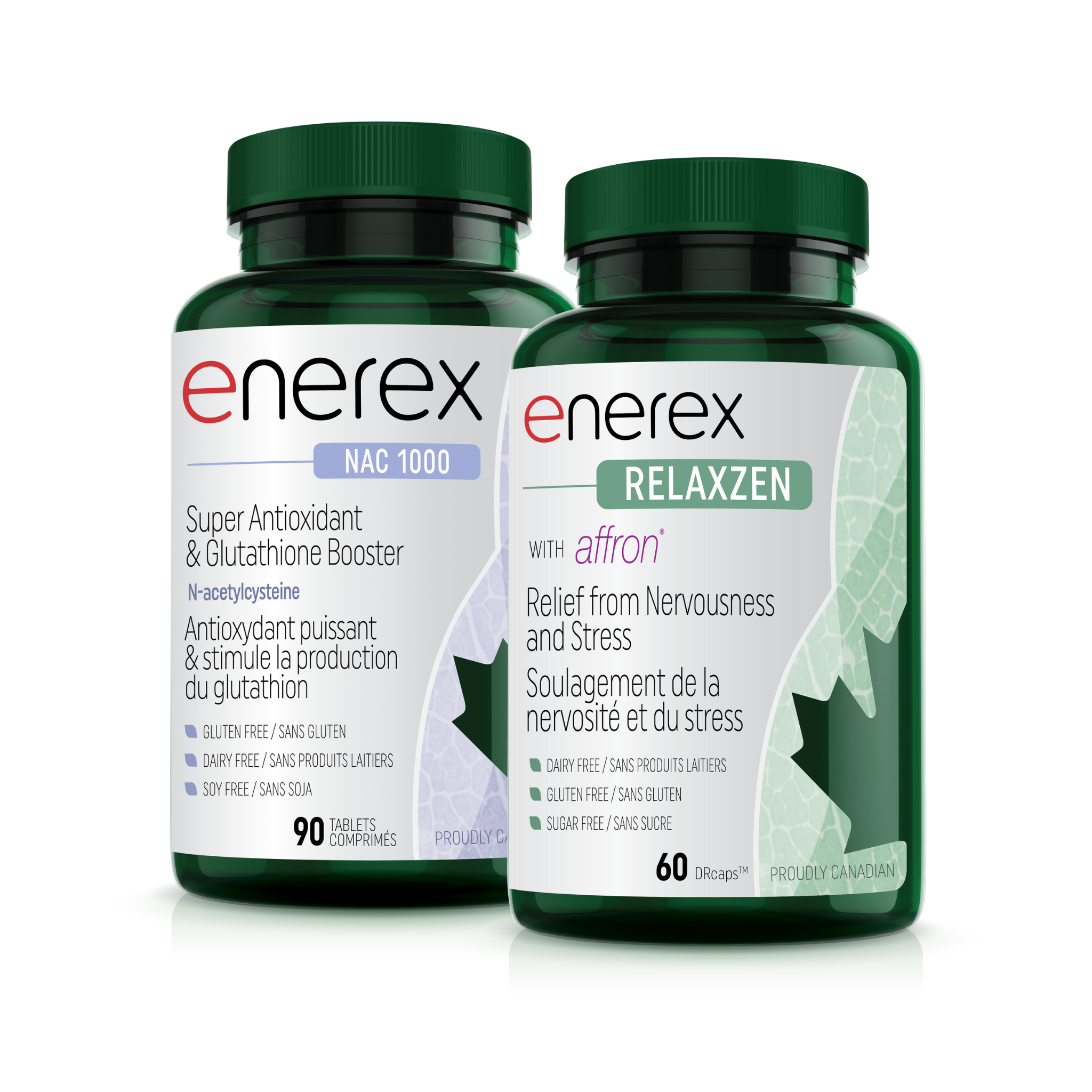
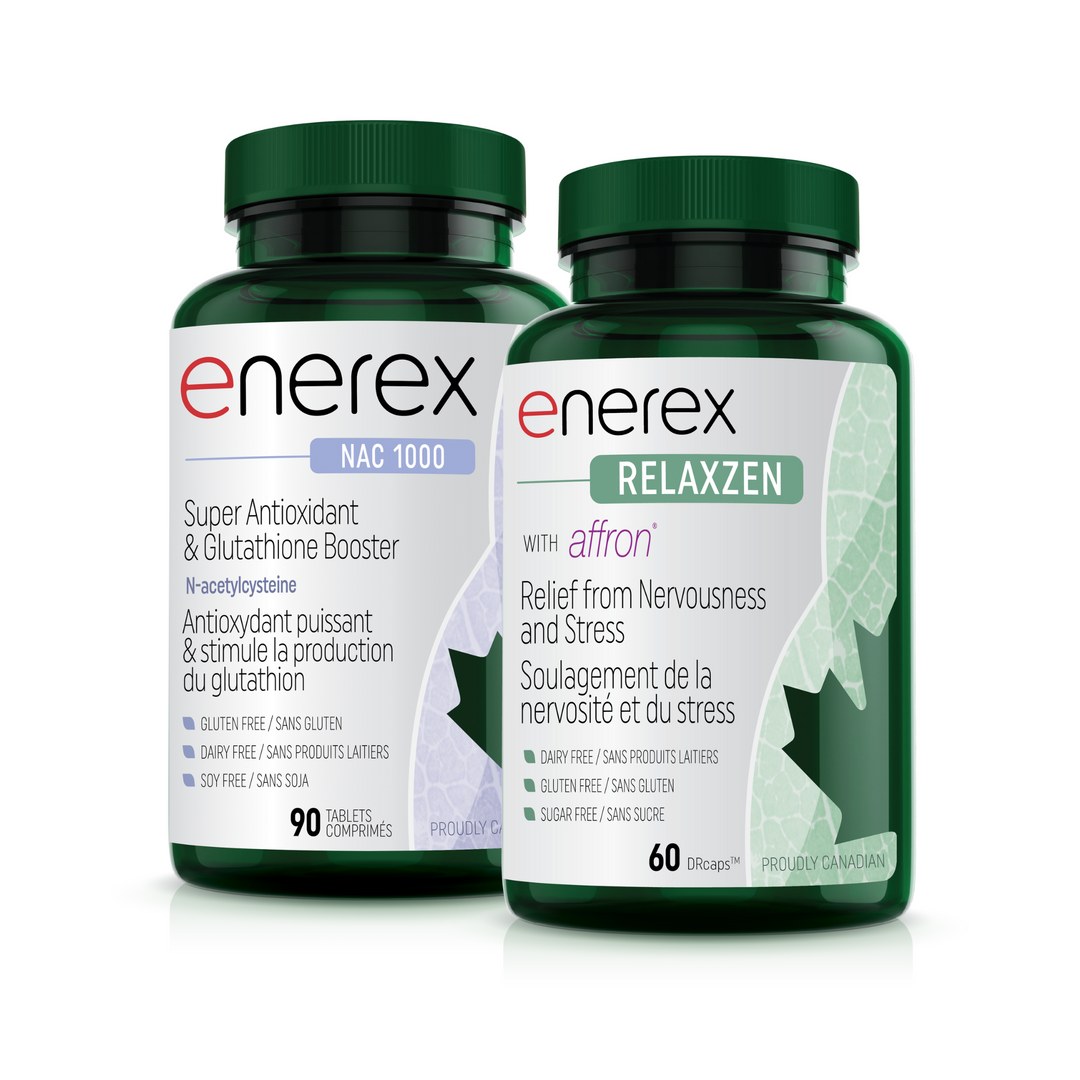
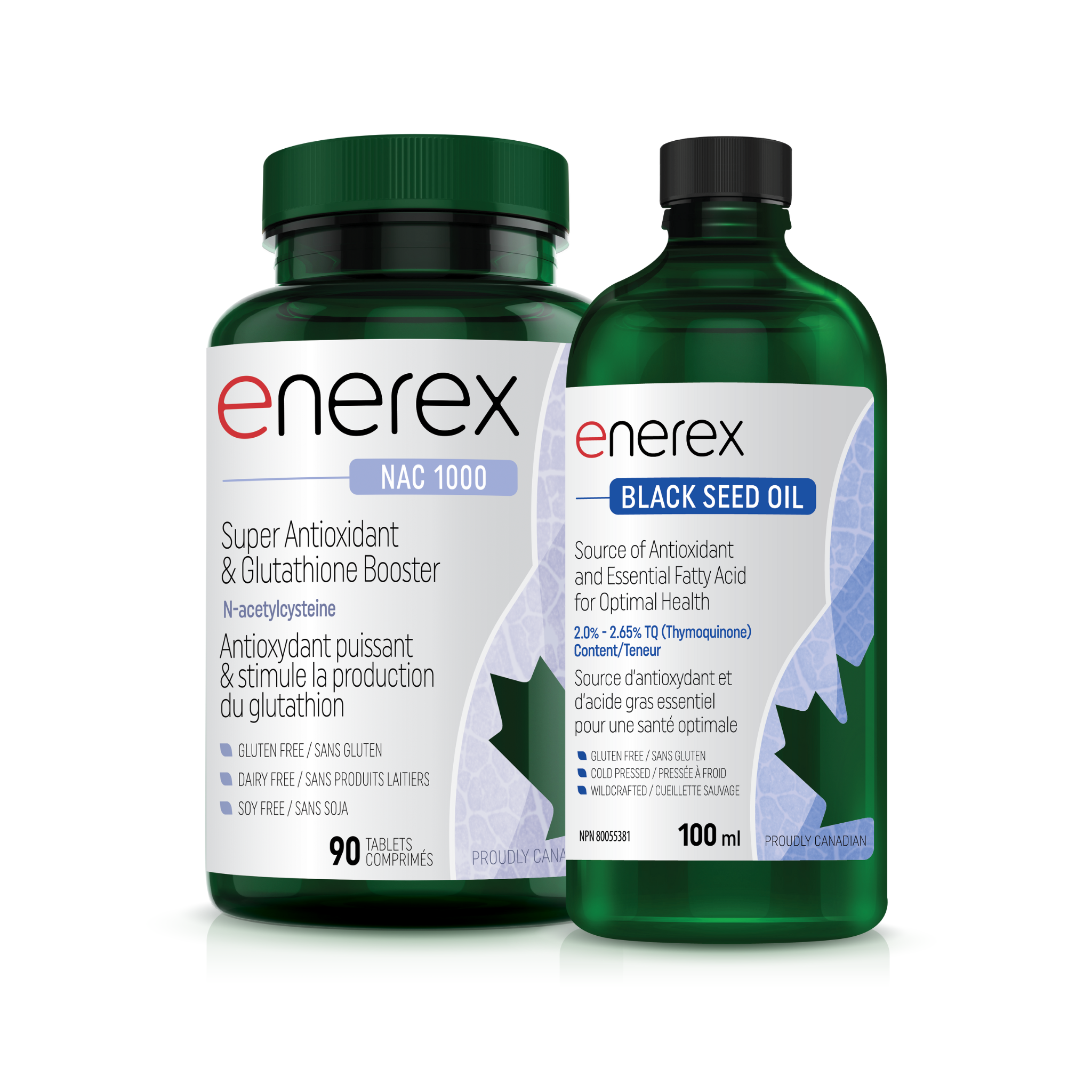
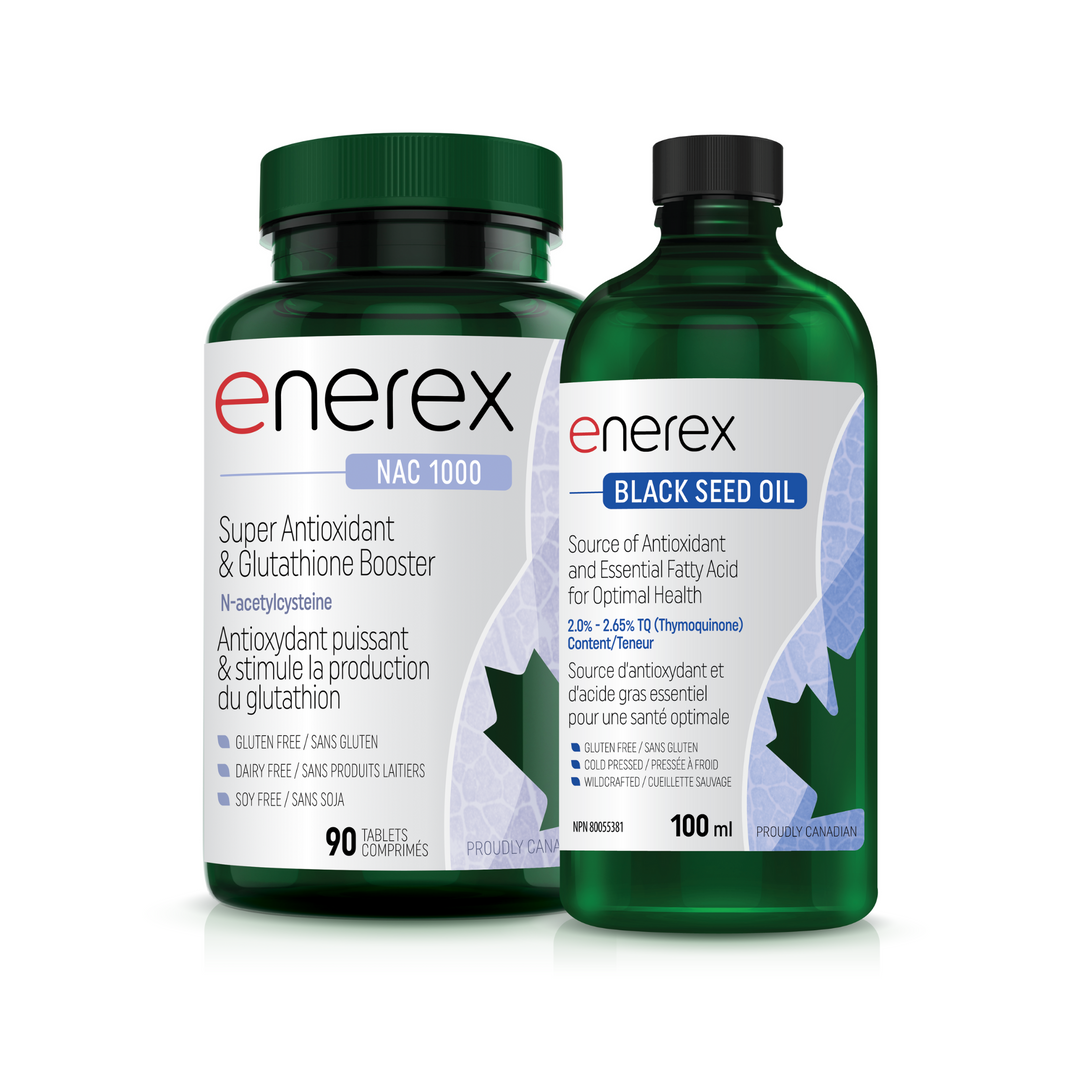
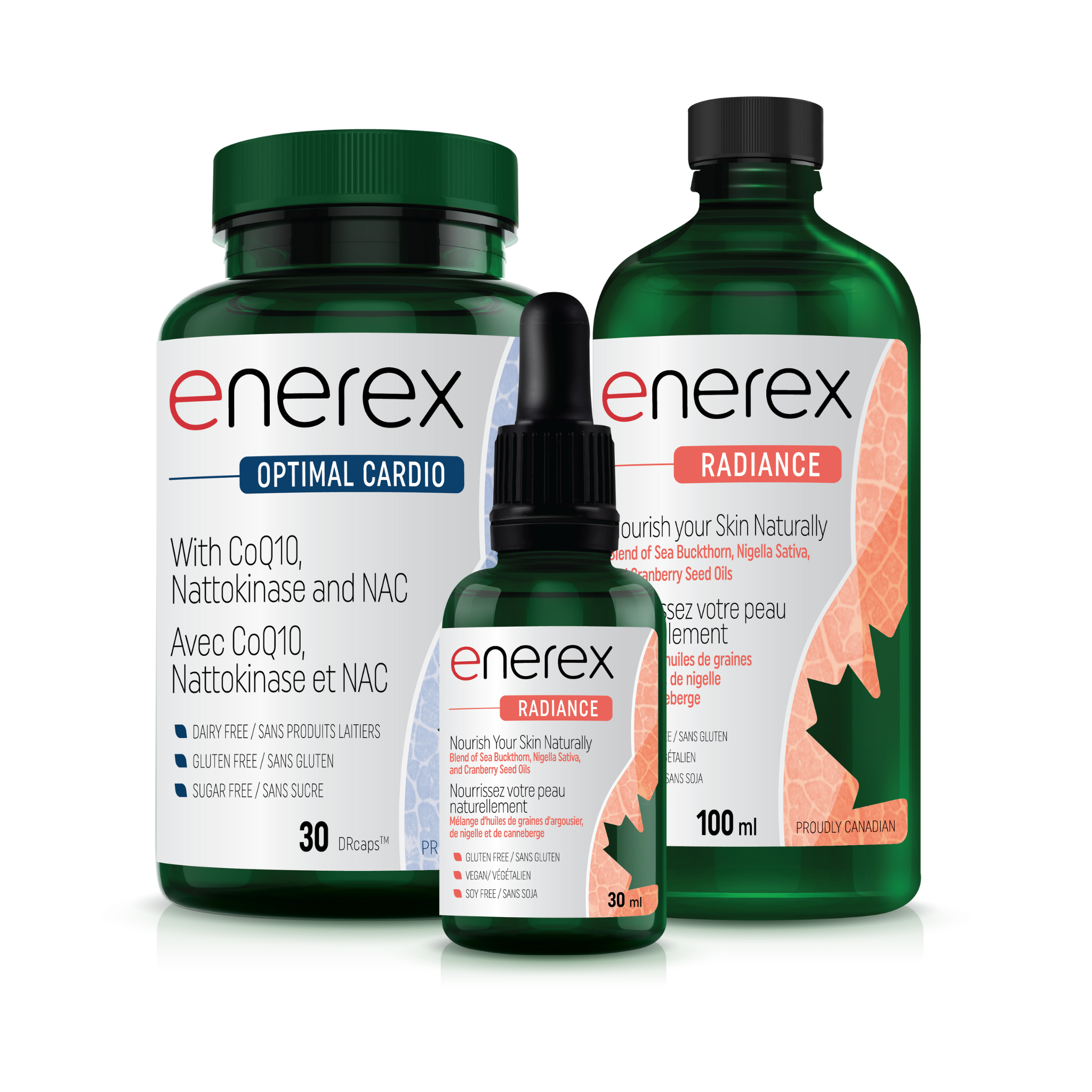
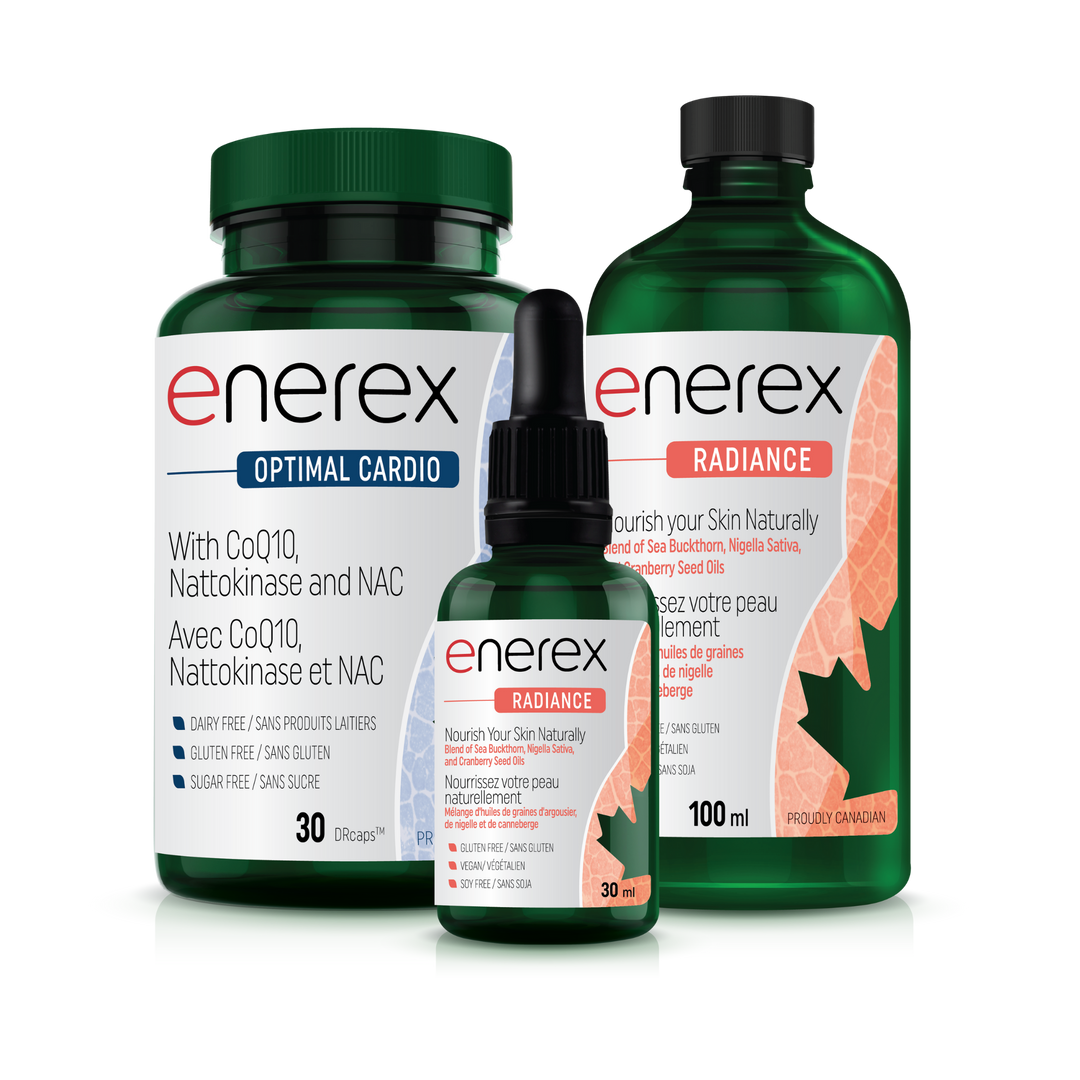


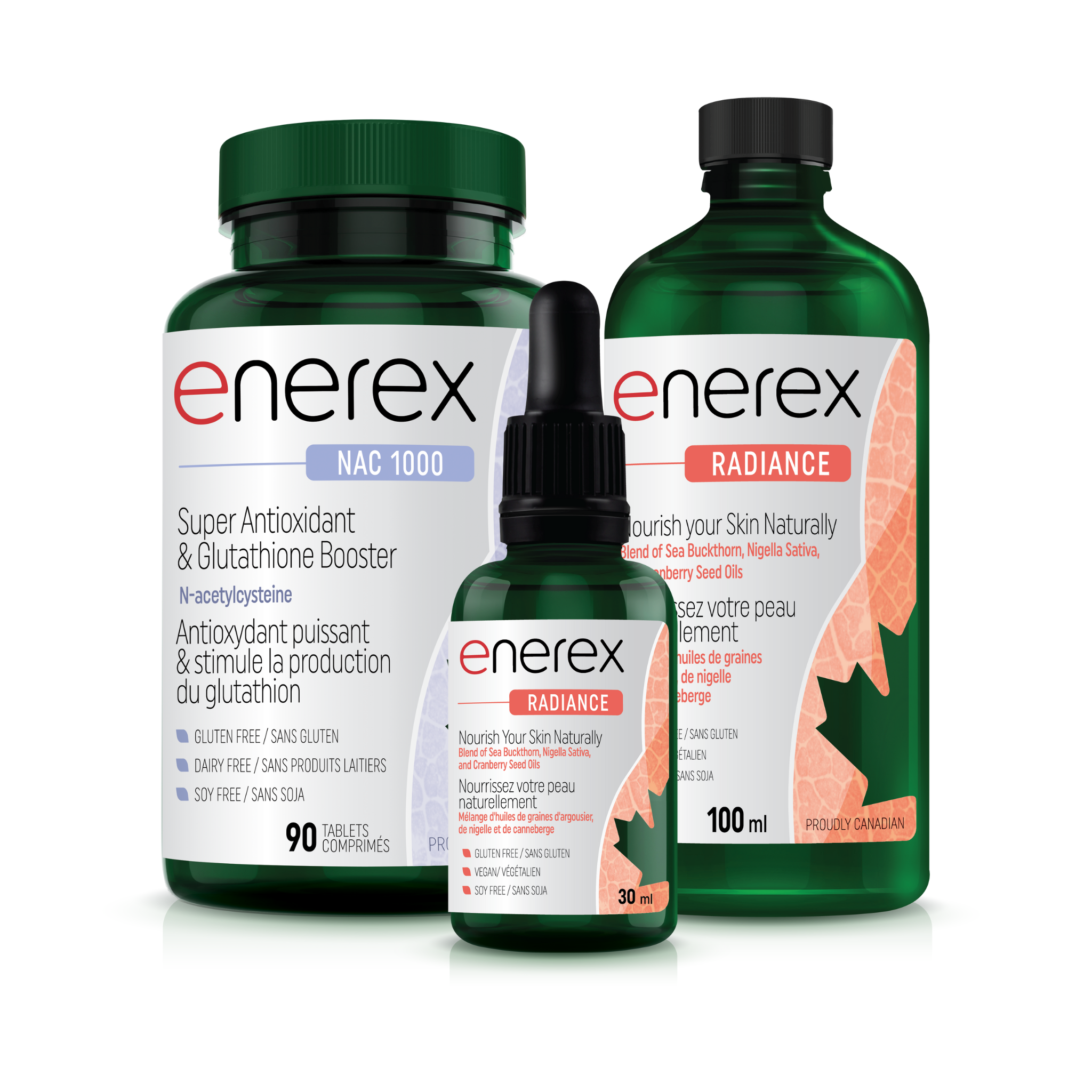
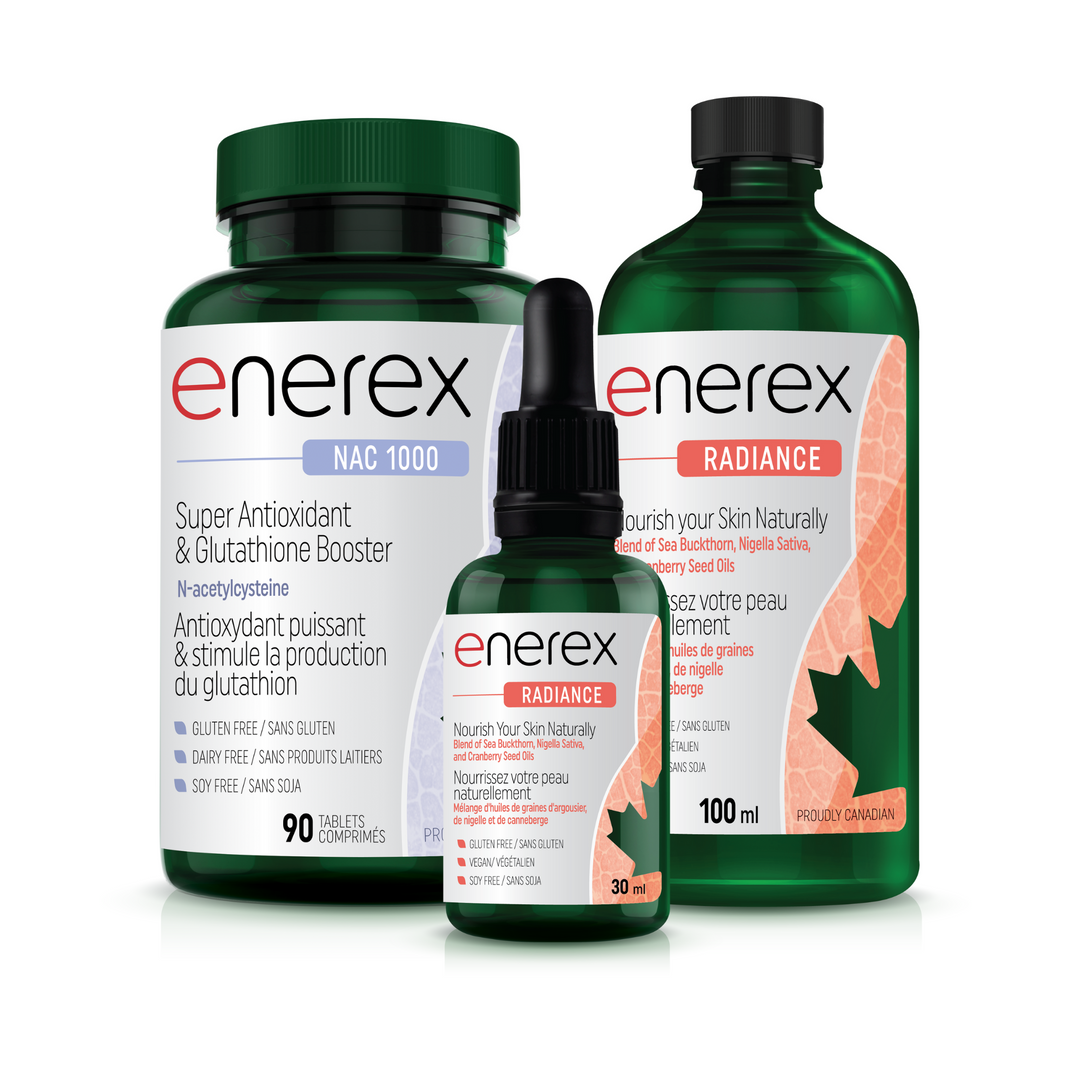
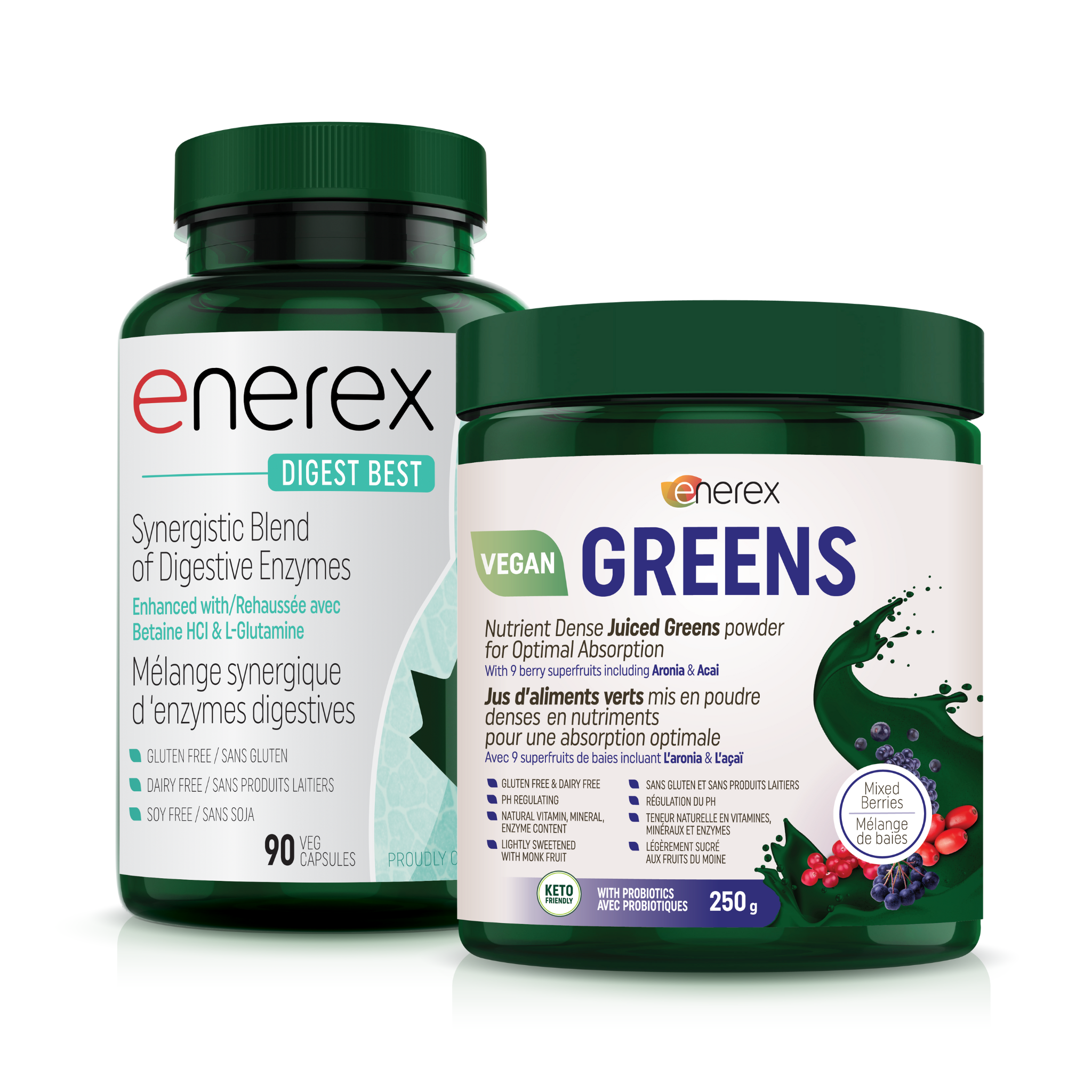
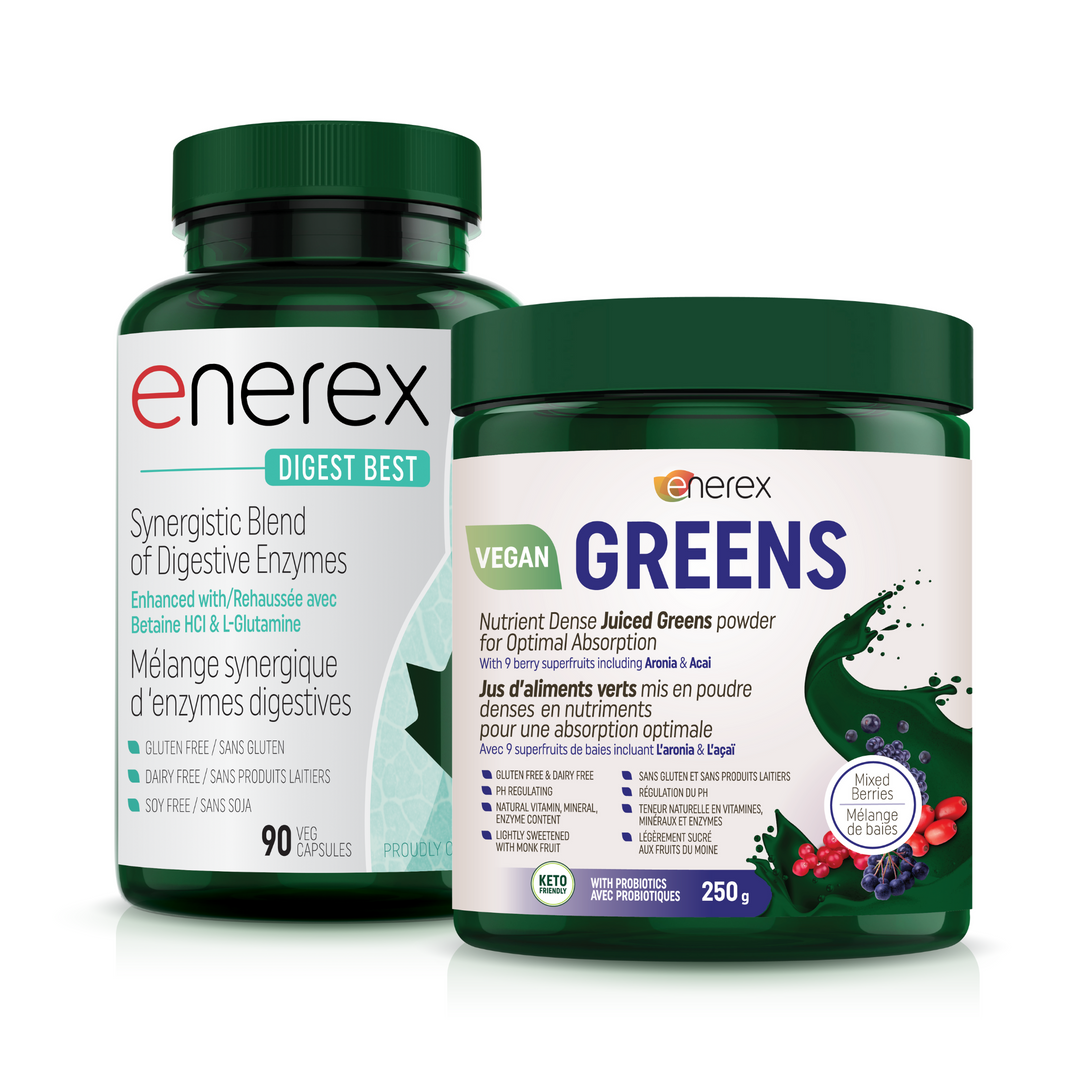
Leave a comment